It is not a surprise that only a handful of people can distinguish between water accrued damages and that of flooding. Contrary to a number of opinions, flood damage is not a type of water damage, we all just assume that are the same. Natural elements with the H2O, similar consistency, perilous in effect, but alas! Differences abound in them and not even their liquid nature can bind them. They are classified as two different disasters on their own by insurance company policies with water damages being covered by the standard home insurance policy while flood damage is not.
Flood simply and vaguely put is unwanted water. This definition, however, does not give a concrete substantiation or makes it stand out, hence, it is defined as the covering of normally dry land, partially or completely by an overflow of water which can be caused by:
- The Overflow of any body of water like rivers, lakes, creeks
- Heavy rainfalls
- Mudflows
- Snowmelt
- Broken Dams
- Tsunamis (underwater earthquakes), tropical cyclones, hurricanes.
If the water causing damages to your home are from any of these sources then you are probably dealing with inundation, flood damage and would need to take measures ranging from restoration of damaged property to filing a flood damage insurance claim with your flood insurance provider.
Water damage, on the other hand, is more like a more internal problem like property factors and describes a series of possible losses causes by water intruding where it will enable attack of a material or system by initiating a number of destructive processes. Its common causes include:
- A leaky roof
- Broken pipes
- Poor drainage system
- Blocked gutters
Although water damage may seem like it pales in comparison to the all so ferocious flood but trust us it packs a mean punch to your property and must not be underestimated.
Equally, they strive to render the value of your property near to useless. Several distinguishing factors exist between them and it should be advised that the following should be understood before taking insurance most especially on them:
Source of water: As earlier stated, the causes of flooding stems from a number of causes like the overflow of rivers and so on, storms, tsunamis. This insinuates that flooding is from a more external factor while that of water damage constitutes mainly the unattended broken pipes, leaking roofs, etc. which are more internal and have a lot to do with the property structure.
How clean is the water is: Flooding can be categories as 3 under the IICRC (Institute of Inspection Cleaning and Restoration Certification). Water from a flood is classified as borderline unsanitary as it contains a lot of contaminants. Think about it, a torrent of water being swept across the land carrying along with it debris, all sorts of garbage to your home and surroundings. This can pose a threat to your wellbeing. Ranging from health-related problems to an uninhabitable home, endangering the individual. Water damage on the other hand form mainly category 1, clean water, from sanitary sources. Although the water is clean, it does not also come without its risks if not cleaned promptly and properly. It can help support the growth of mold in the house which also comes with its own problems such as the devaluation of property and a variety of health risks. It can also rapidly degenerate into category 2 which is grey water and also unsanitary and comes with more troubling health issues.
Restorative process: After the circumstances leading up to restoring your home after a flood as being address like waiting for authorities to tell you to do so, electrical repairs have been addressed, protecting yourself by wearing your gloves, facemasks, etc. more often than not, over 50 percent of the materials like mattresses, furniture, carpets, pillows, food, medicines, stuff toys need to be discarded once exposed to flood water because it poses a danger to the inhabitants of the building and self-restoration of materials not widely preached because it requires an arduous effort, skill, and knowledge that experts in that field can boast of.
Water damage although dangerous but the possibility of salvaging your properties are higher, with professional help or by self, restoration is moderately accepted depending on the extent, amount, and length of time passed with the damage.
Prevention: Since flooding is majorly at the direct control of external forces like the weather, there is little one can do to prevent it as a homeowner, but the few to consider after evaluating the risk of your home to flooding are installing a flood control system, raising your home on stilts or piers, apply coatings and sealants, consult your flood insurance agent direct you on how to cover your house from flood damages and direct you in other emergency steps you need to take.
Water damage is however highly preventable and can be easily avoided. Apart from the fact that it is covered by the standard home insurance policy, you can also damage-proof your house by making sure you fix your leaking roofs and broken pipes on time, unclog your gutters, etc. so as to avoid unnecessary consequences.
Despite these differences, certain similarities can be found amongst them.
- Flooding and water damage are both from a natural source, water.
- Depending on the severity both can cause a significant amount of damage to life and property, being one of the main perils to befall a building, second only to fire damage.
- Both require professional help from water cleanup services after they are done being catastrophic, depending on the situation and level of severity.
It is important to know the little details of the differences and similarities. Because while as a homeowner, it is easy to assume that flooding and water damages are one and the same, restoration processes are different and insurance policies classify them differently, hence getting the standard home insurance does not mean you are getting insured for flood damages. I hope you found this article enlightening, interesting, and informative.





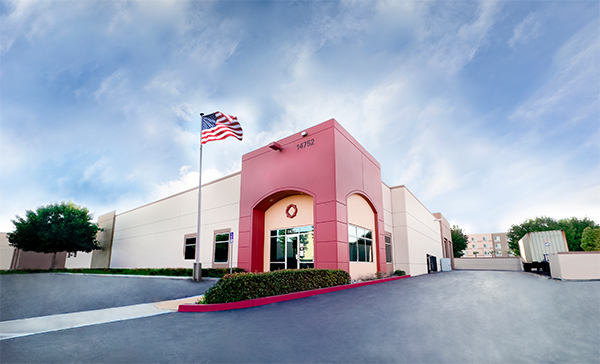


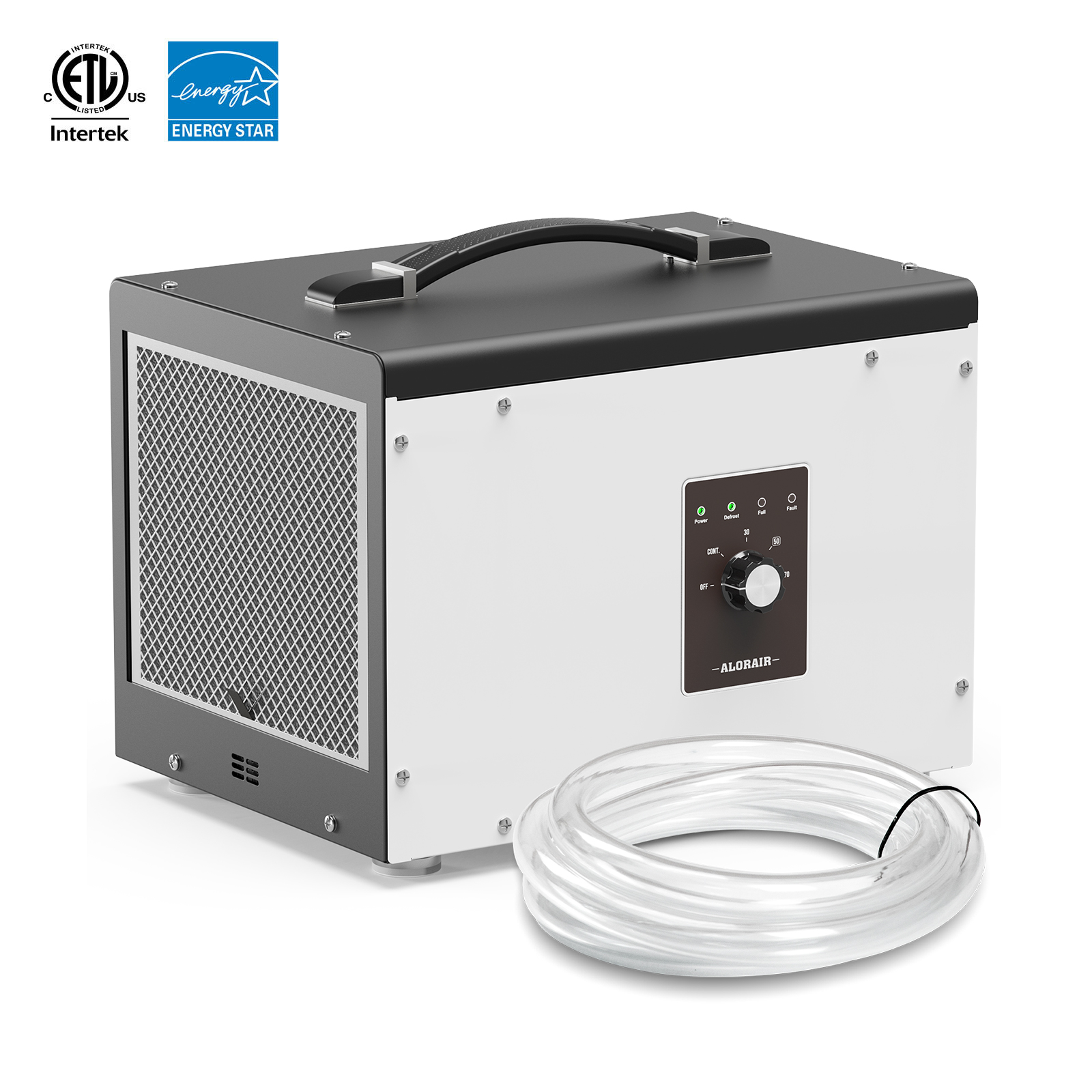
.jpg)
.jpg)

.jpg)

.HDi90.png)
.HD90.png)
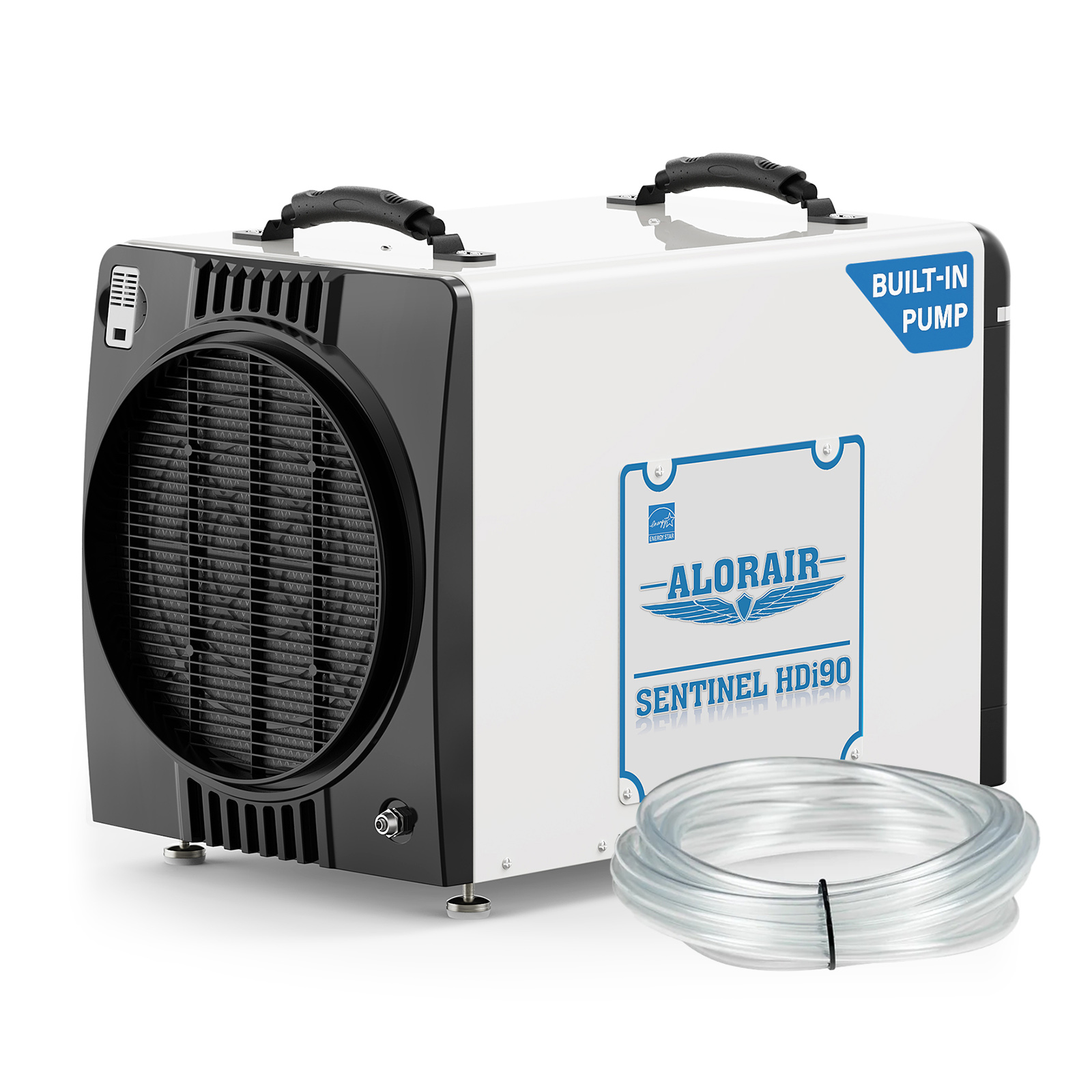

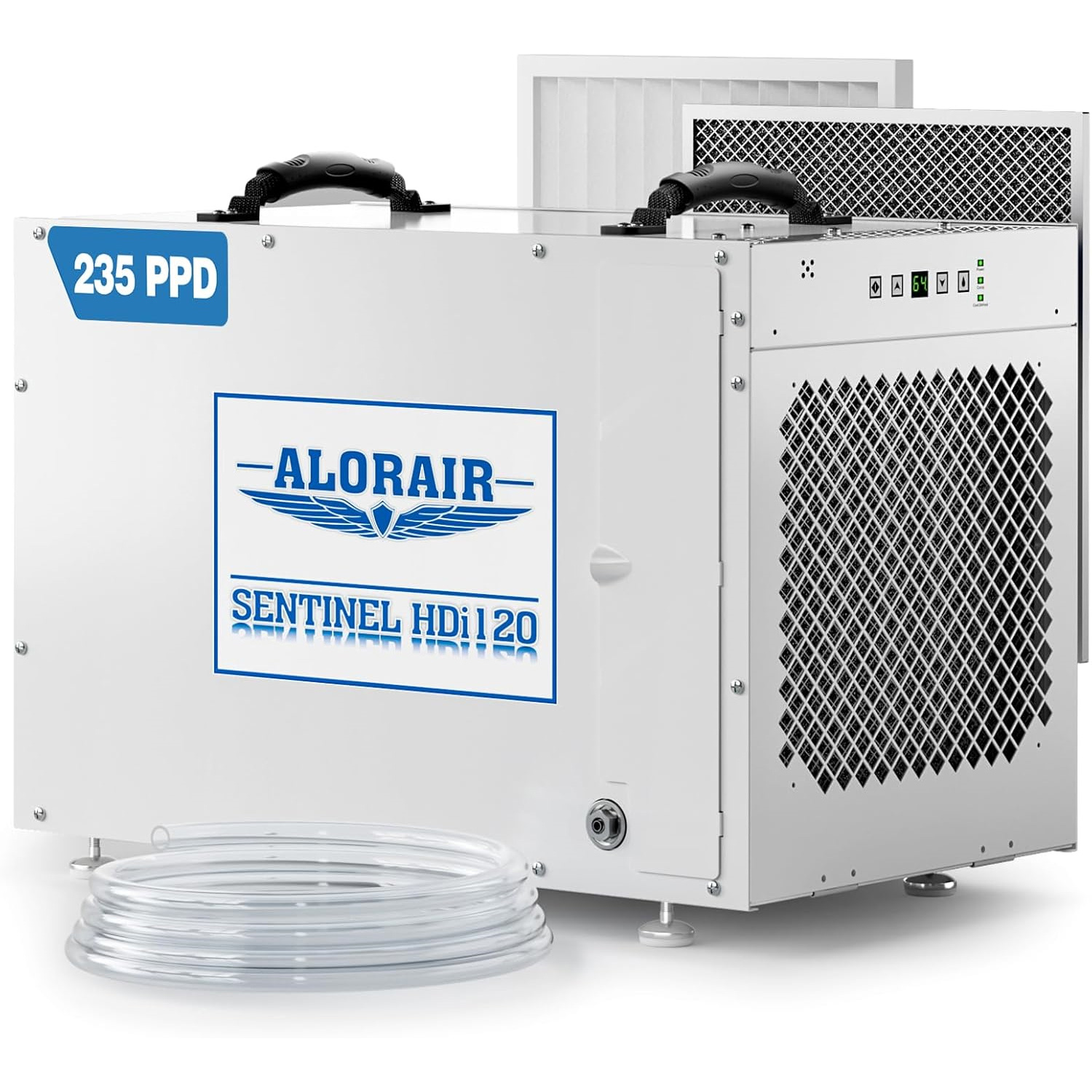
.jpg)


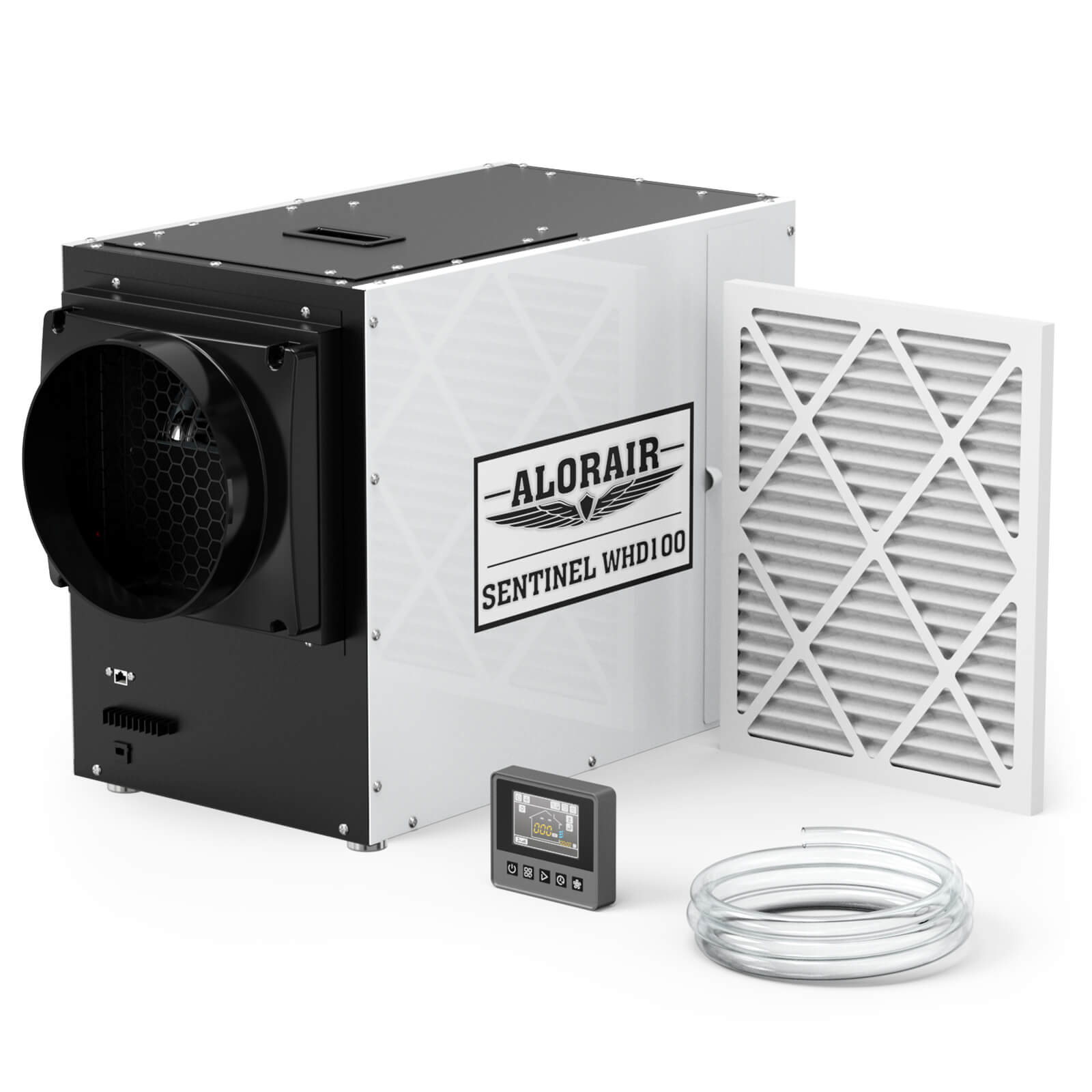
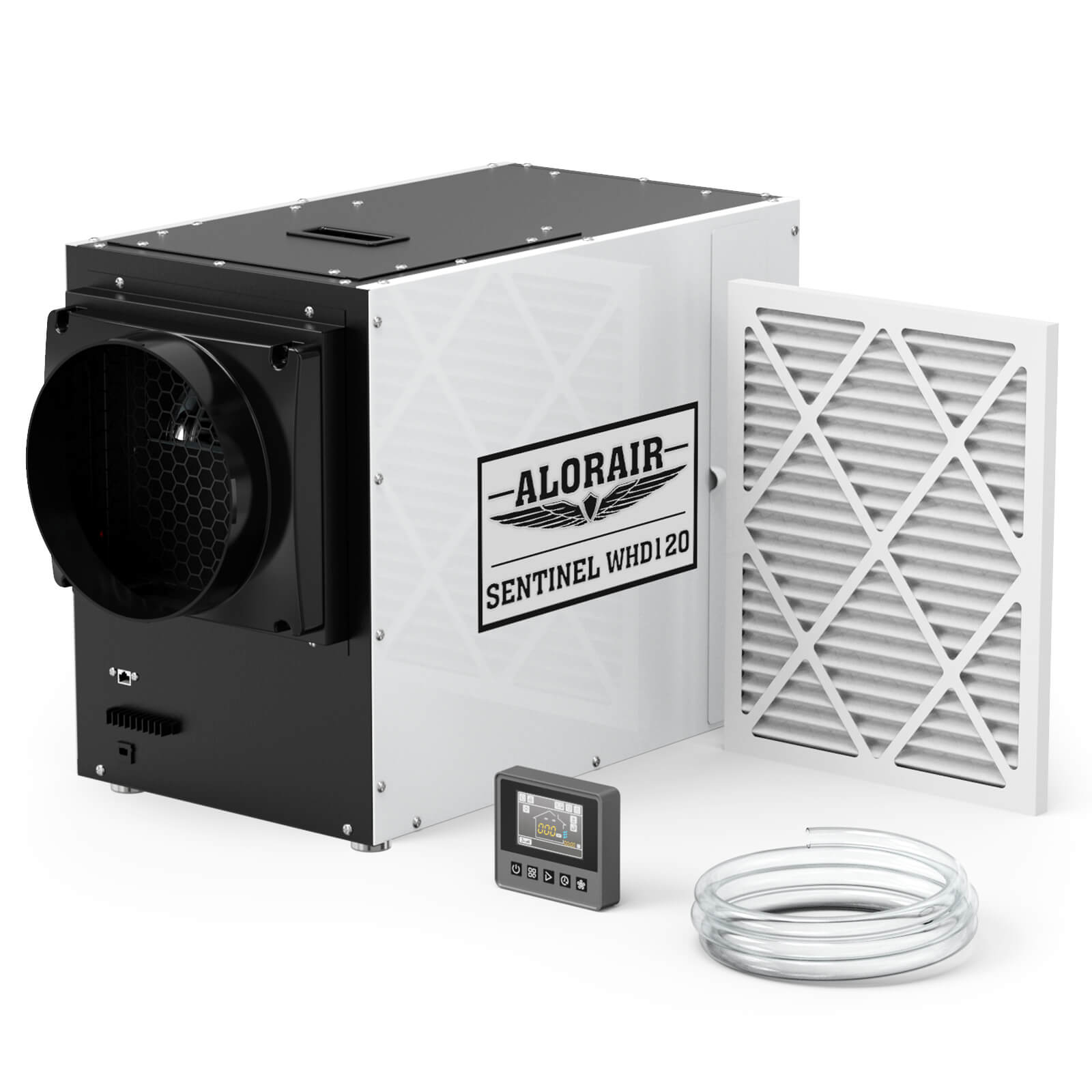
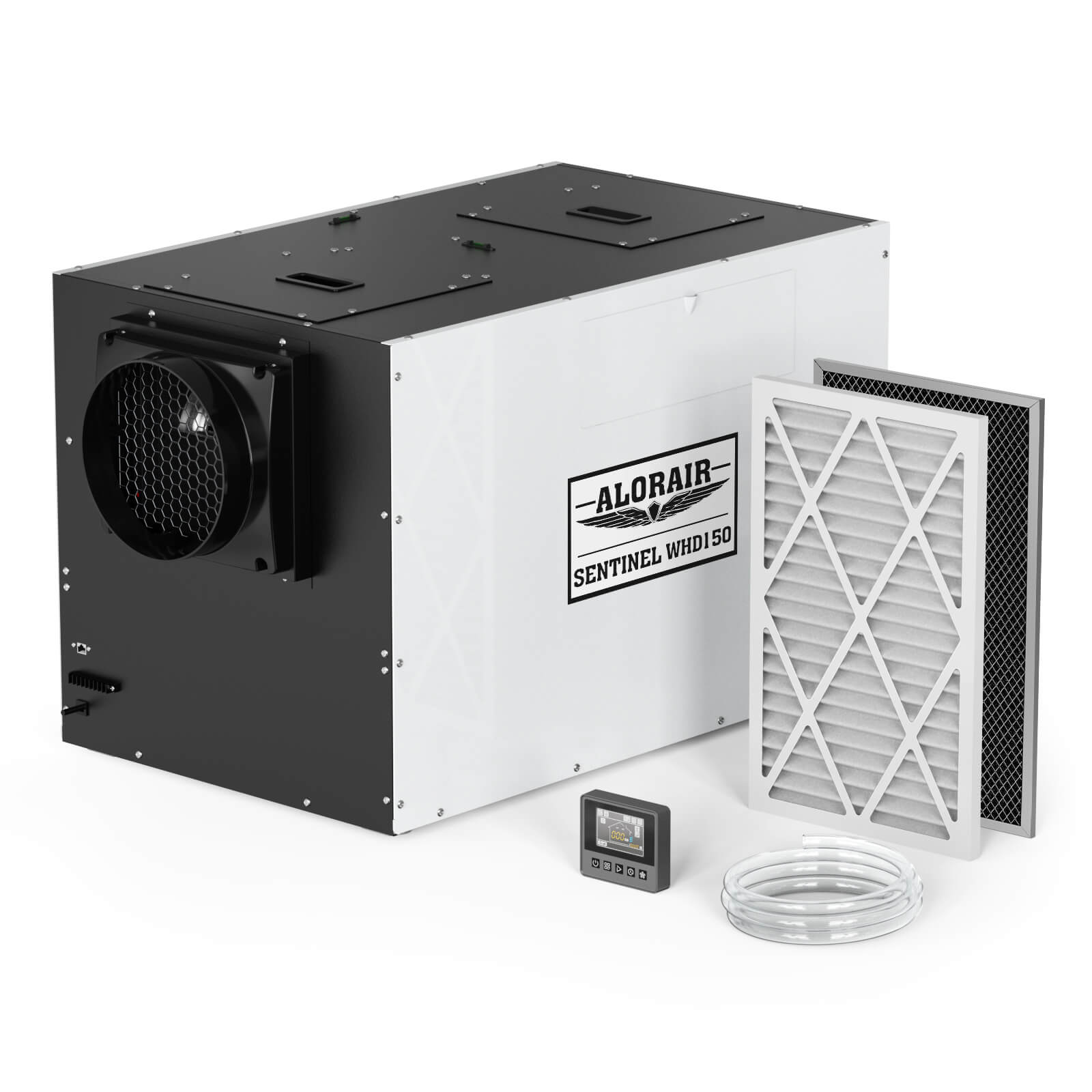
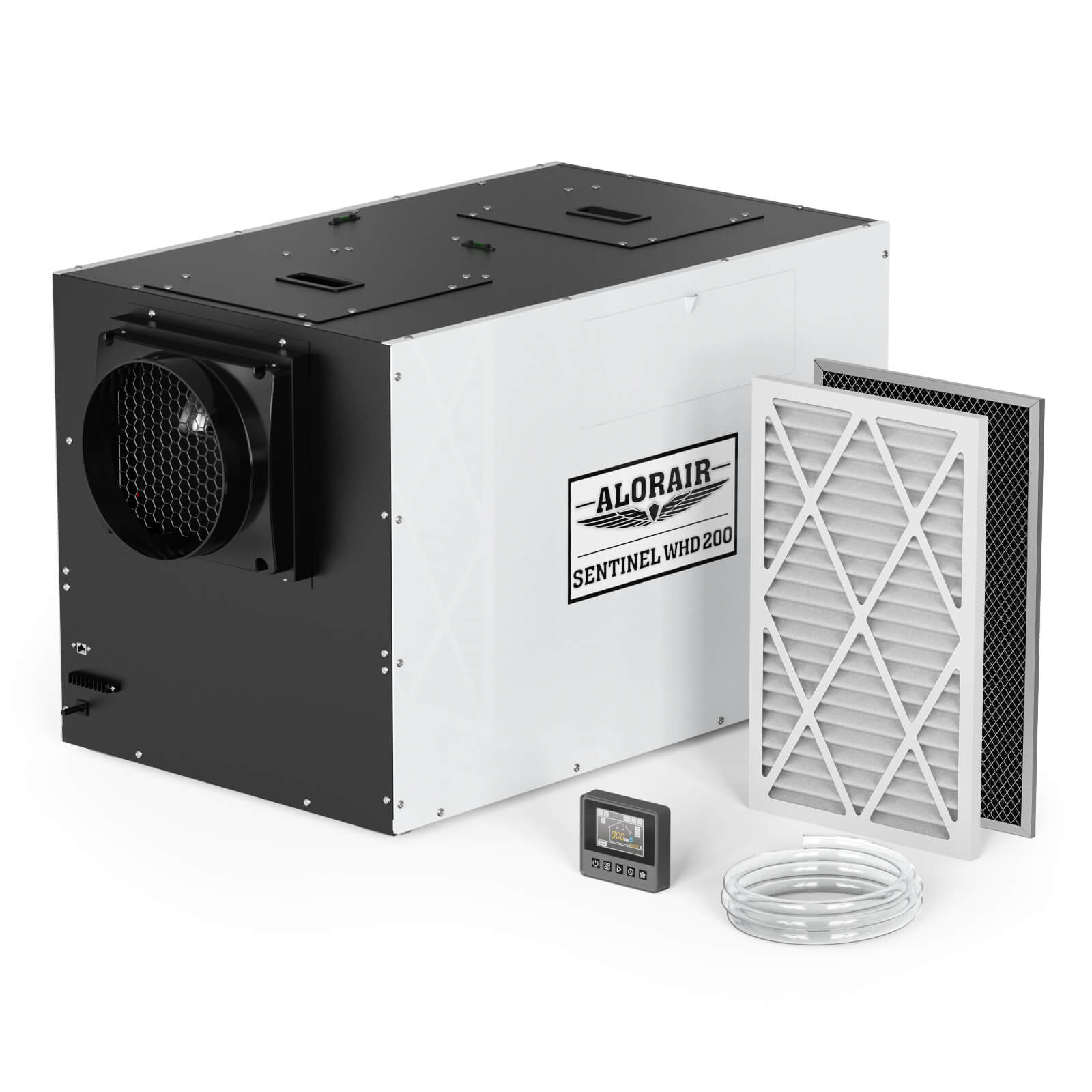
.jpg)
.jpg)
.jpg)
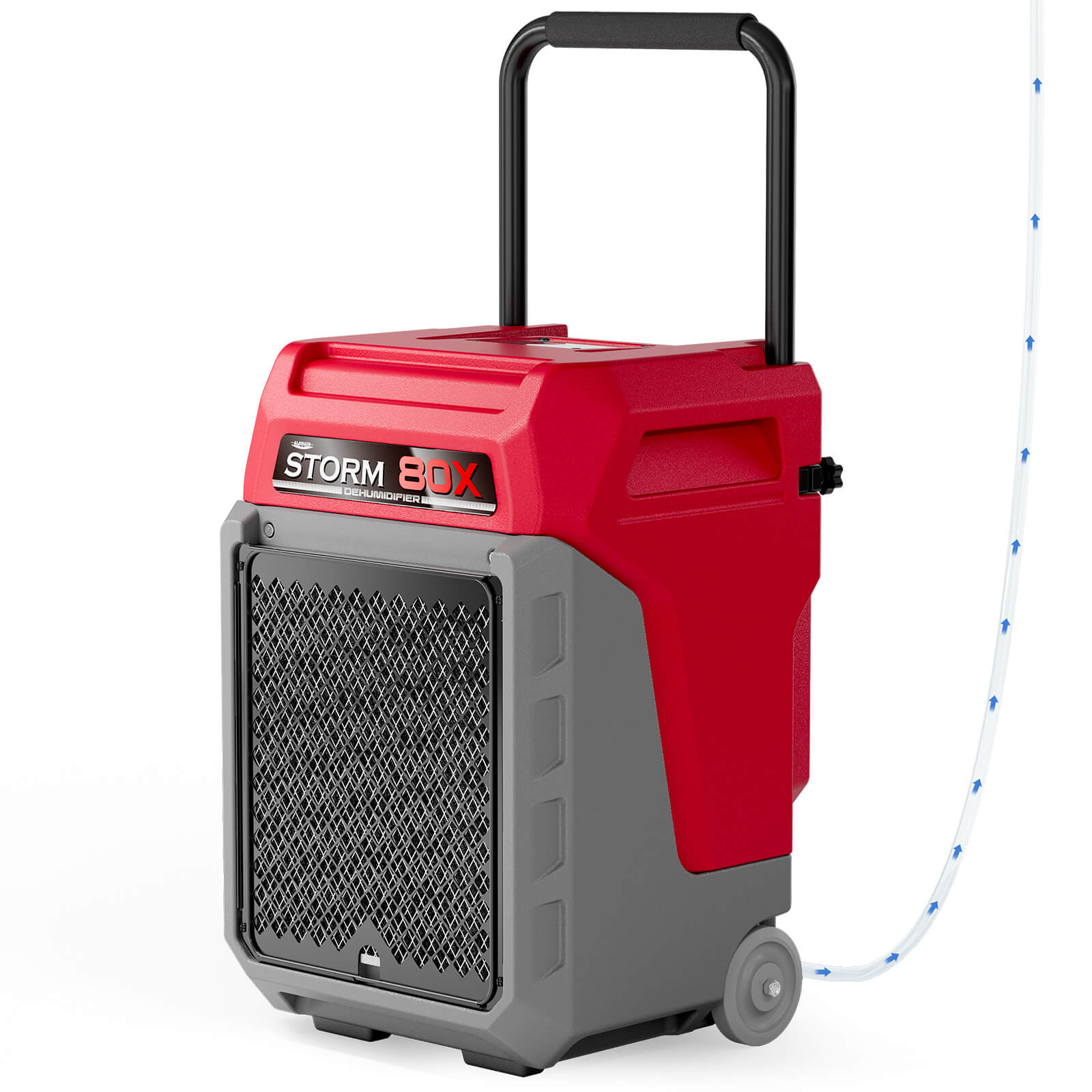

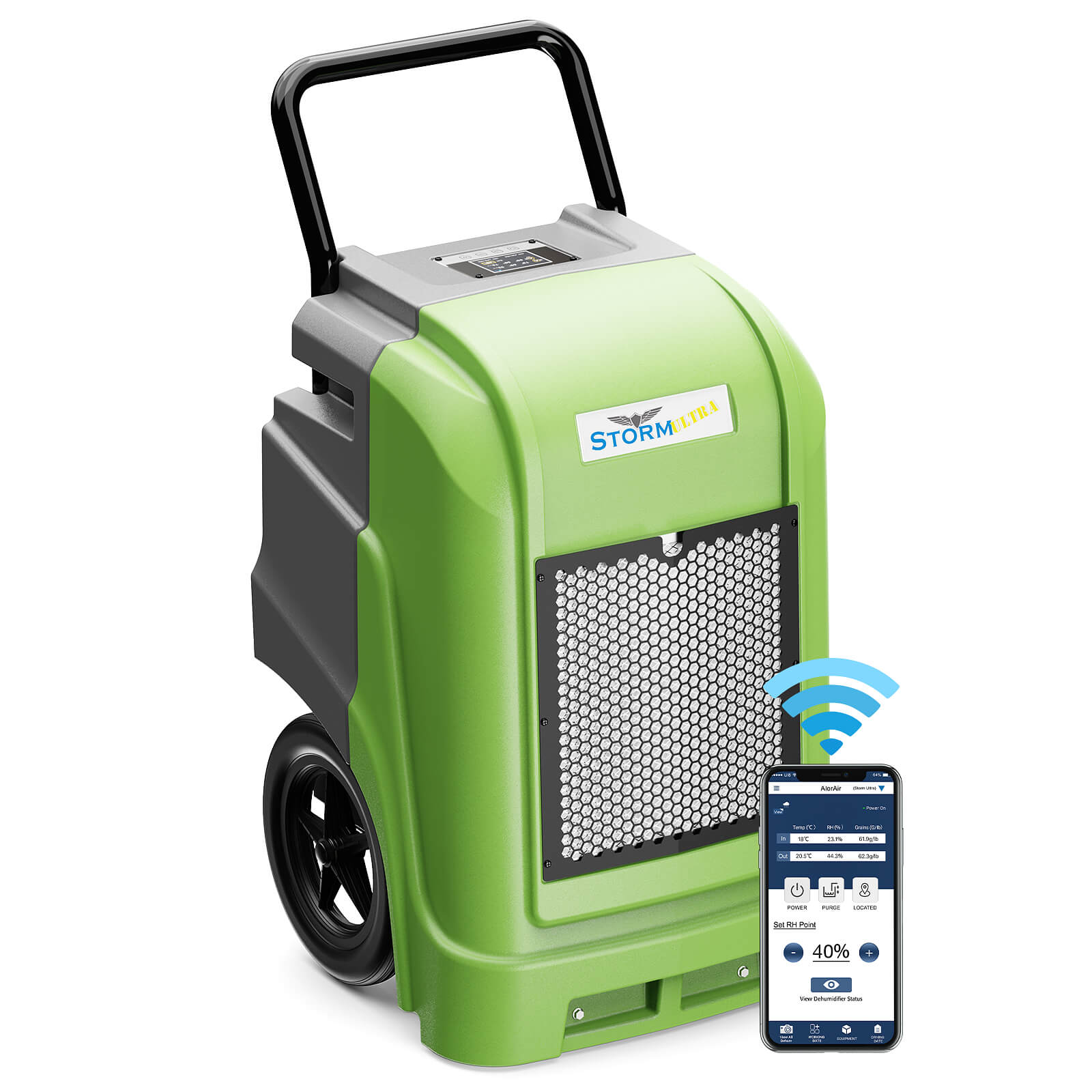
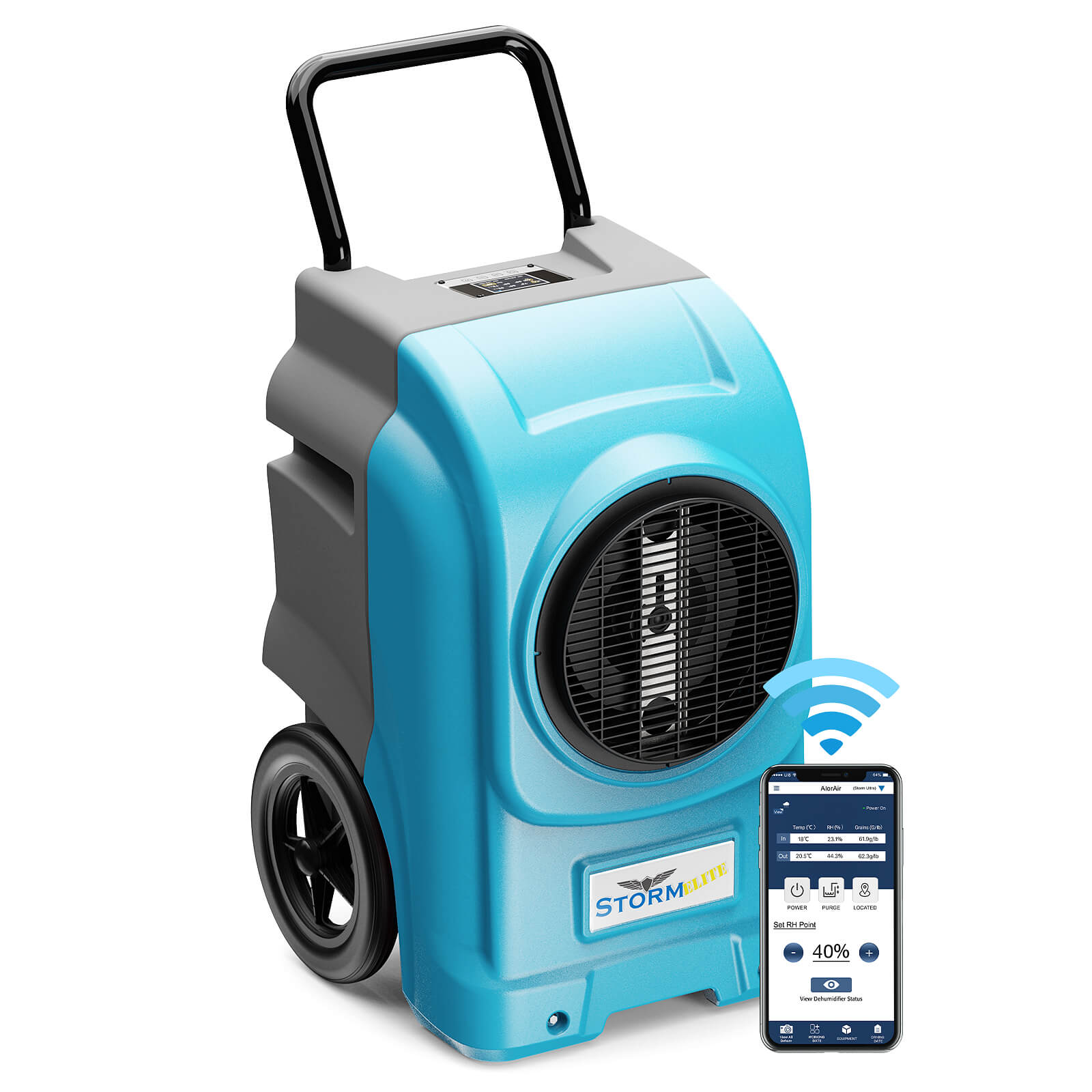

.jpg)
.jpg)


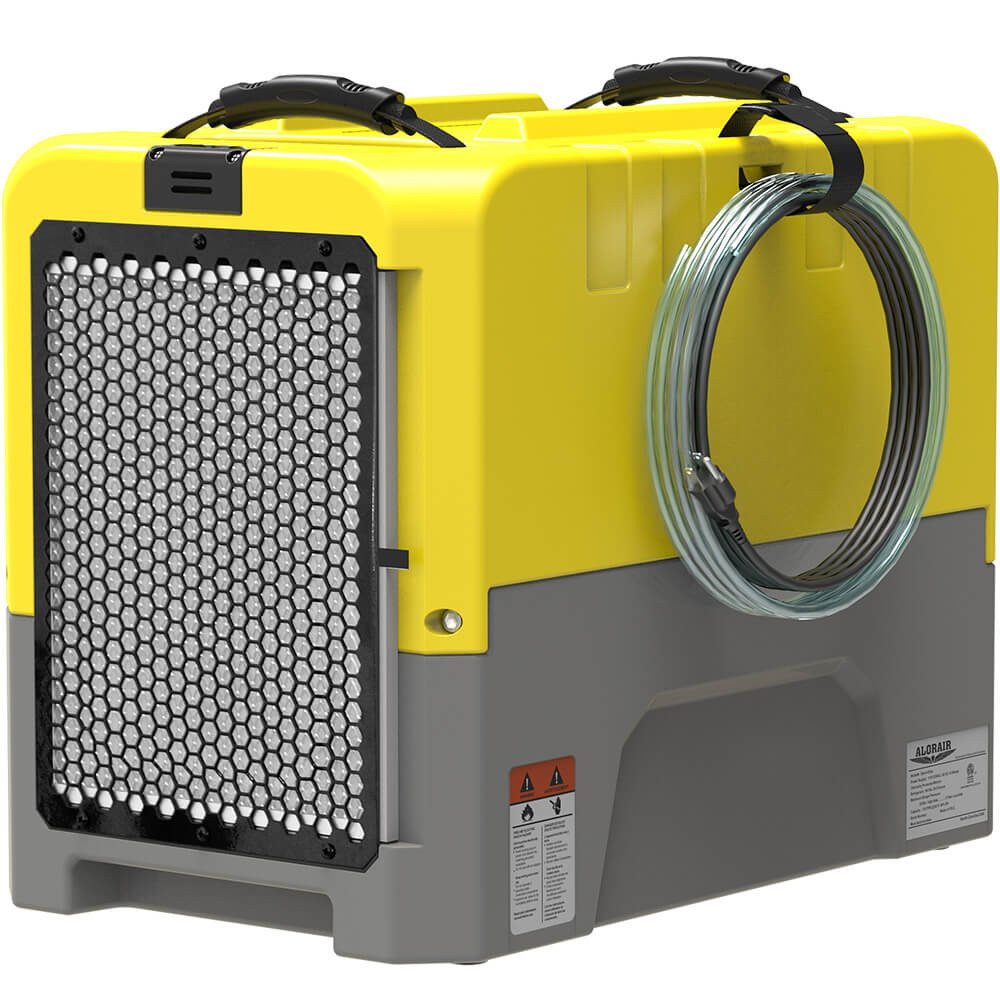

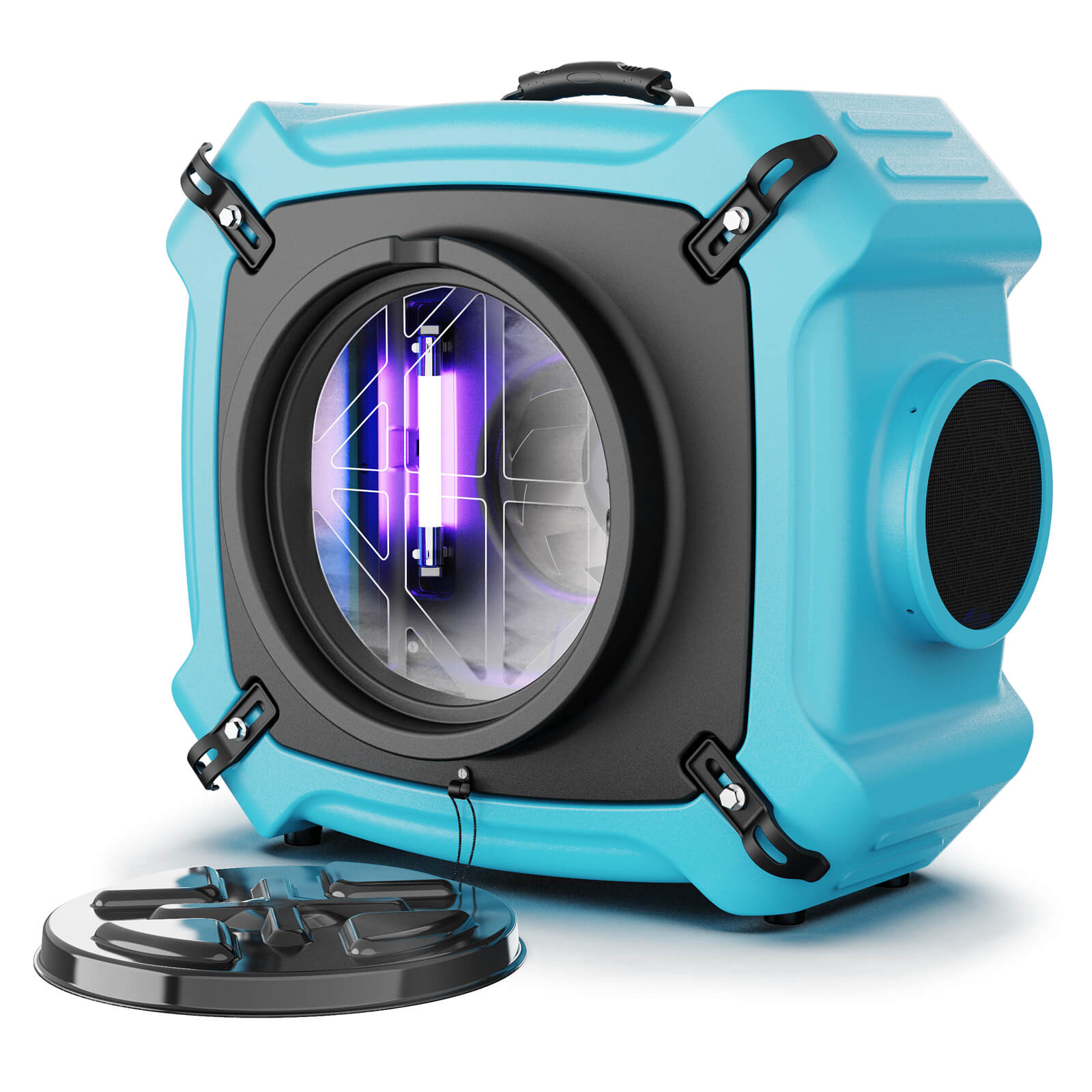
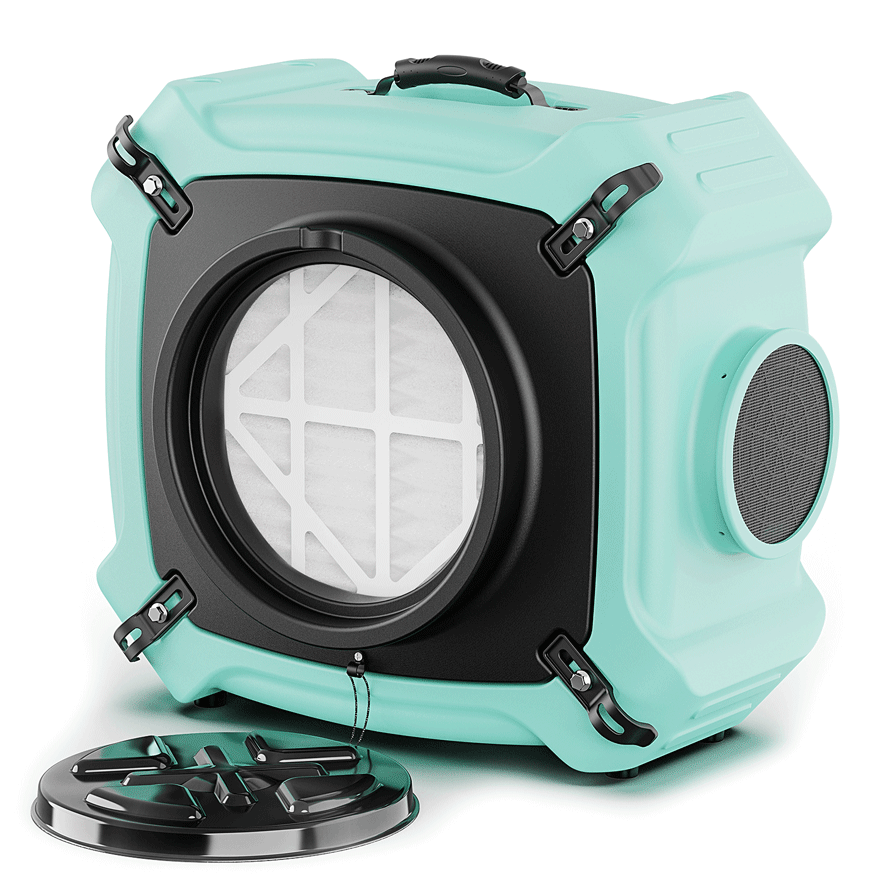
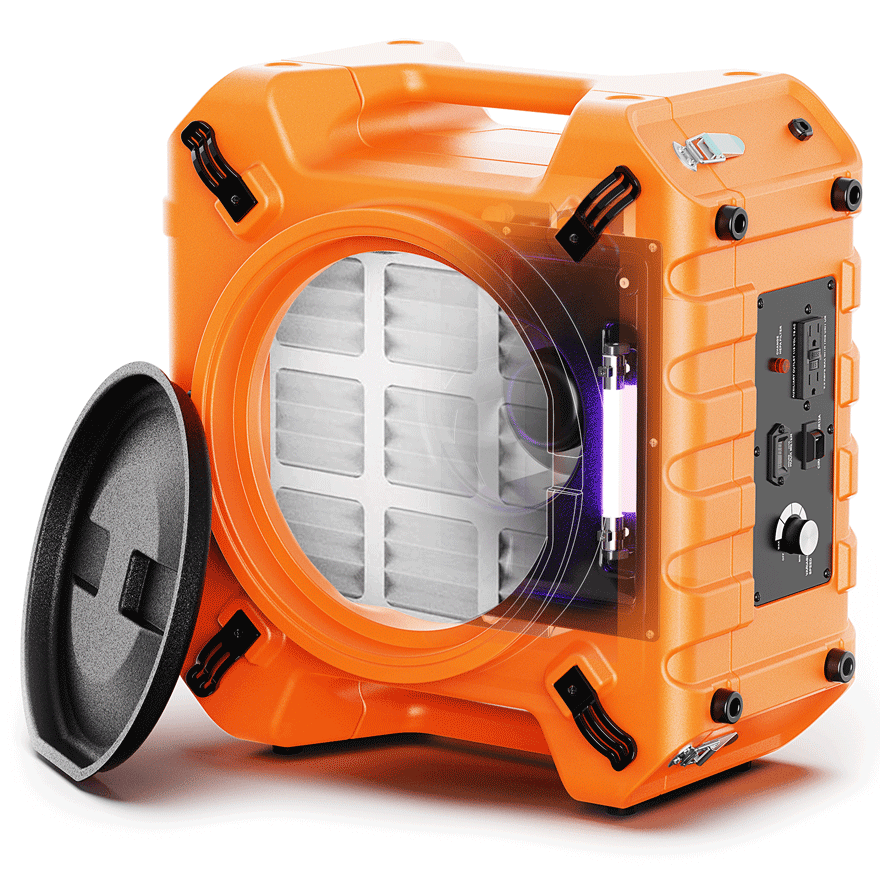
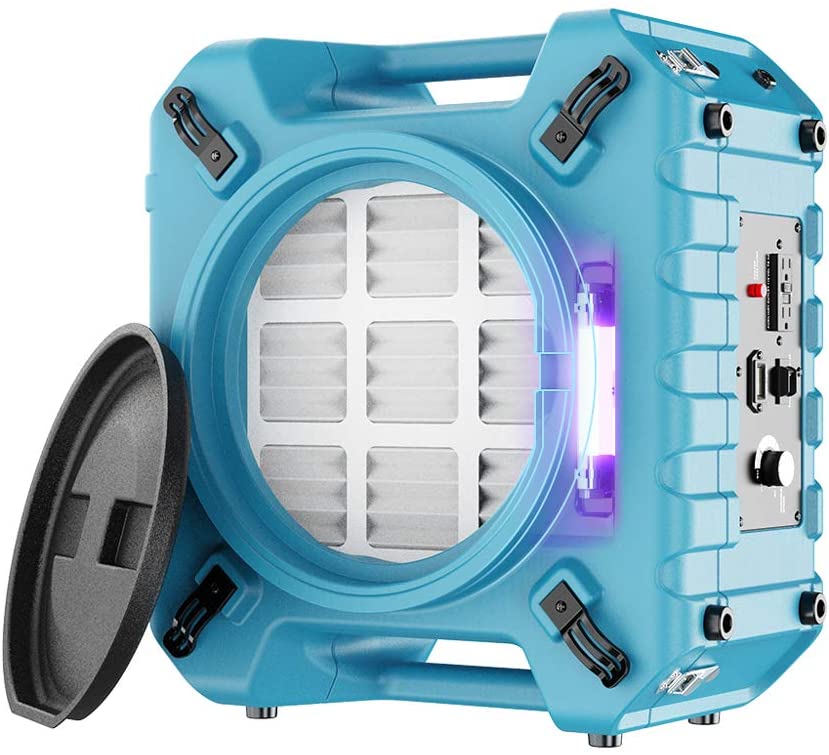
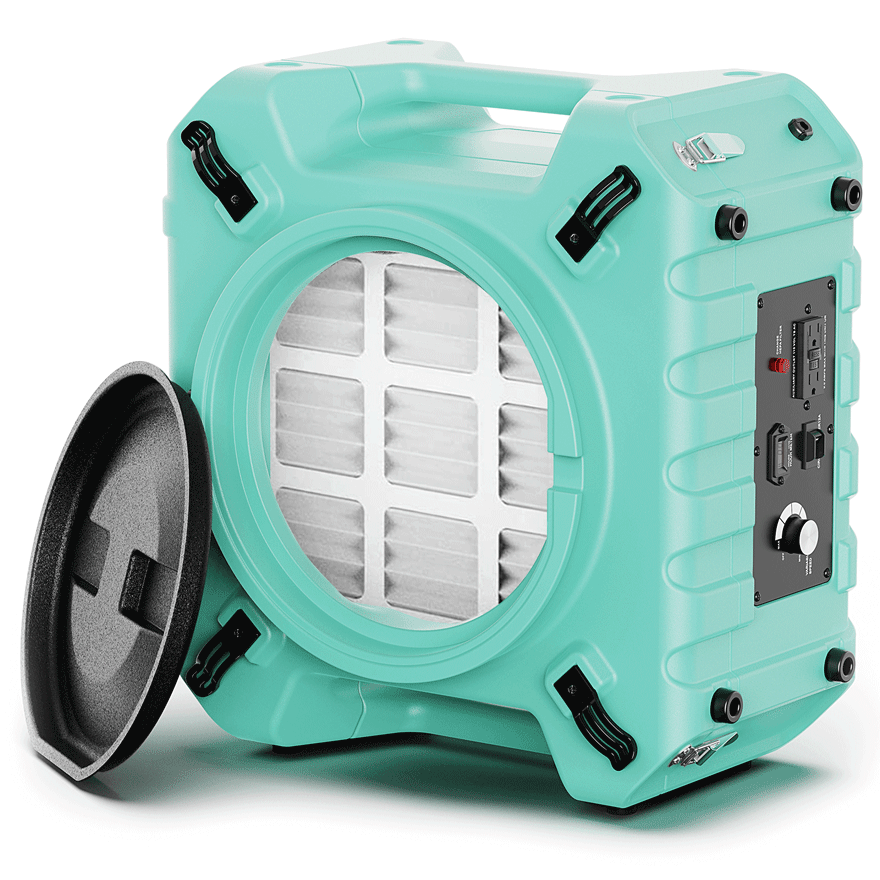
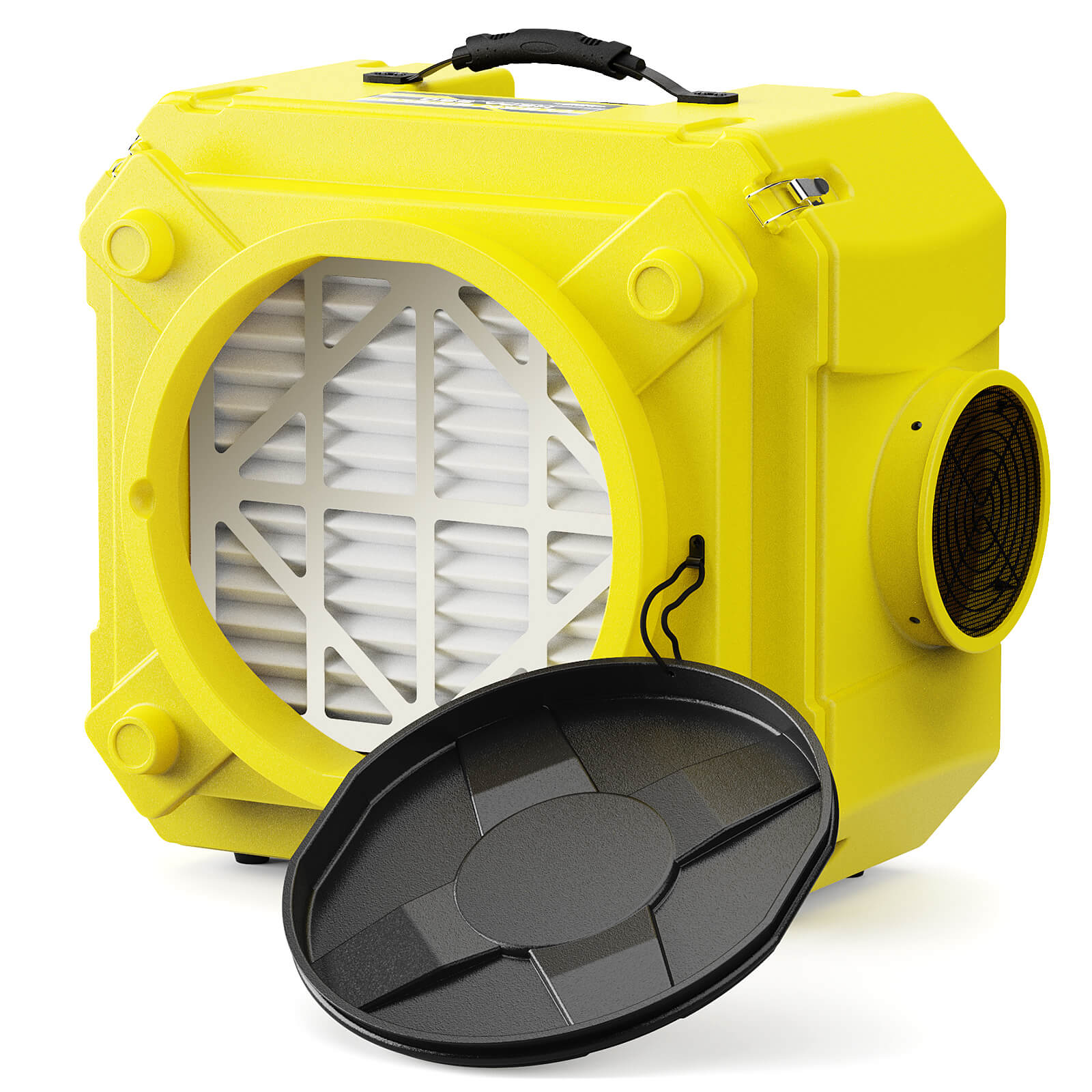
.jpg)
.jpg)
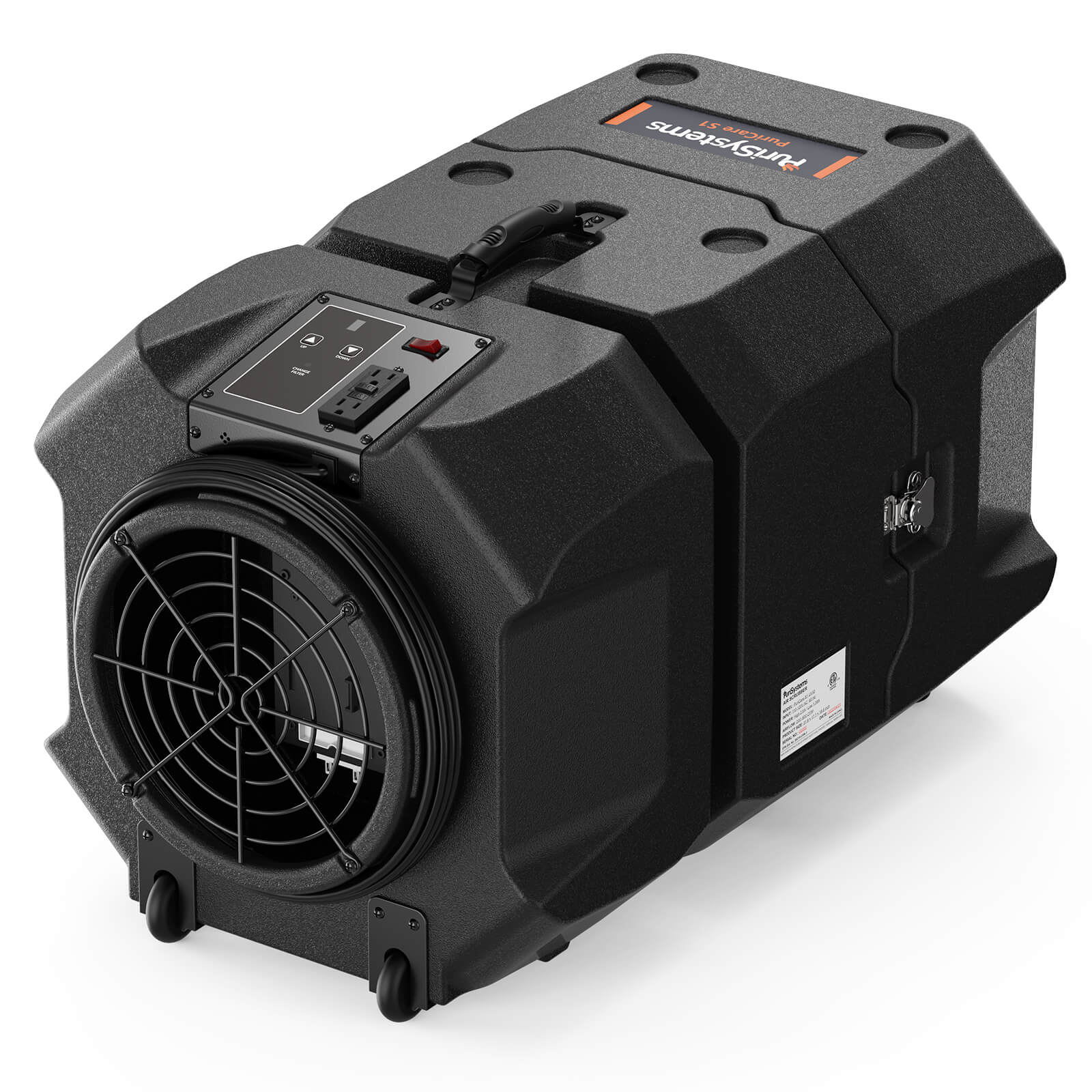
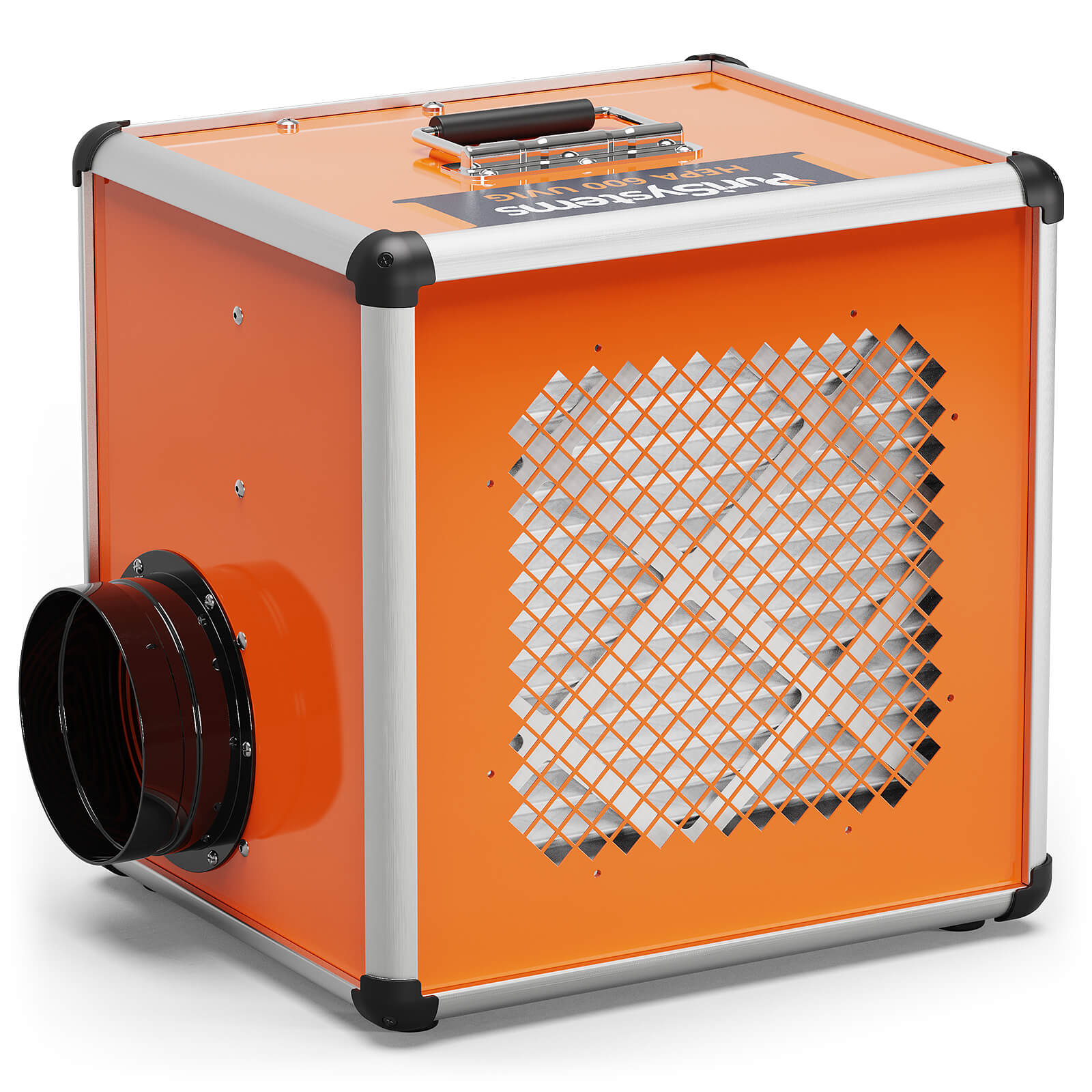



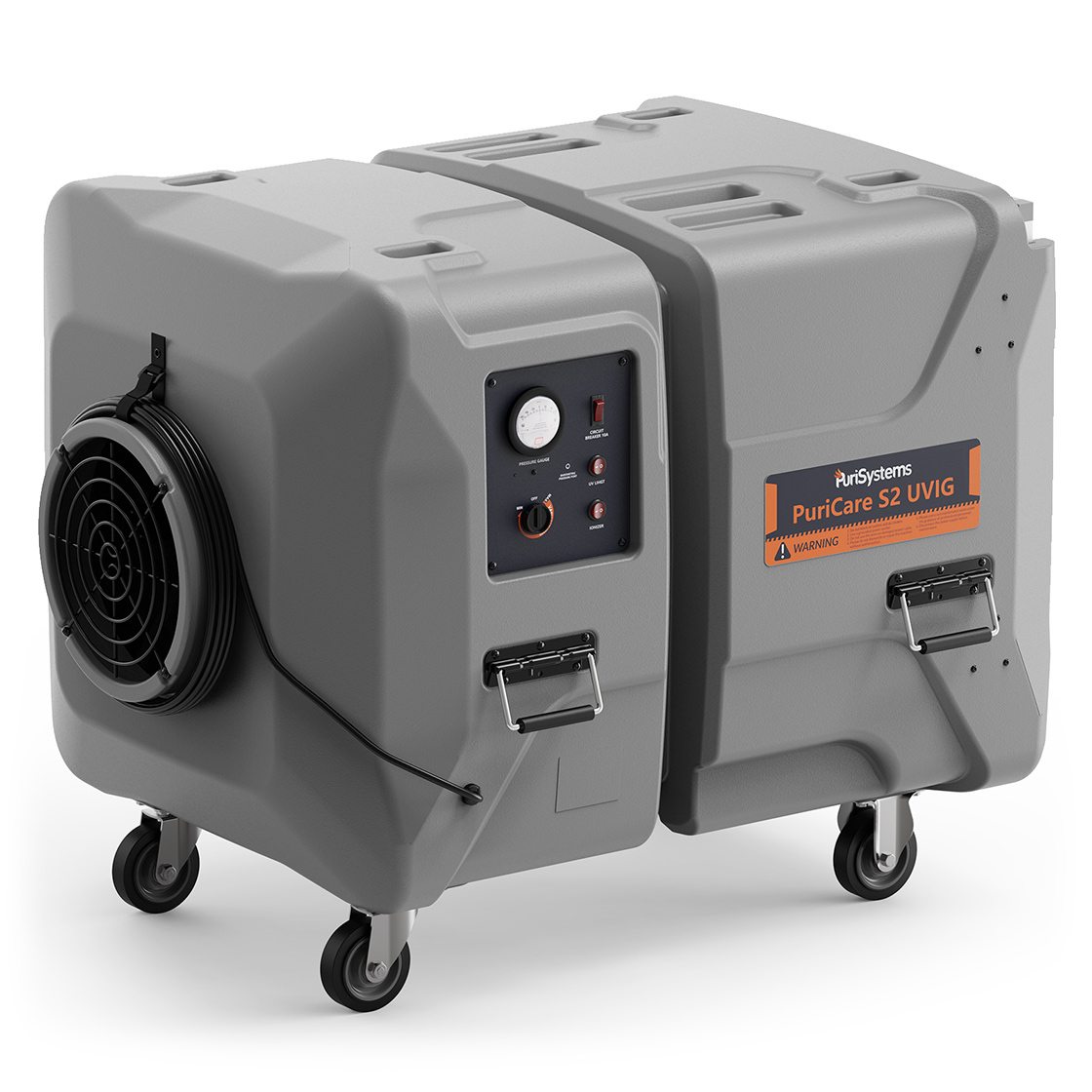


.jpg)
.jpg)
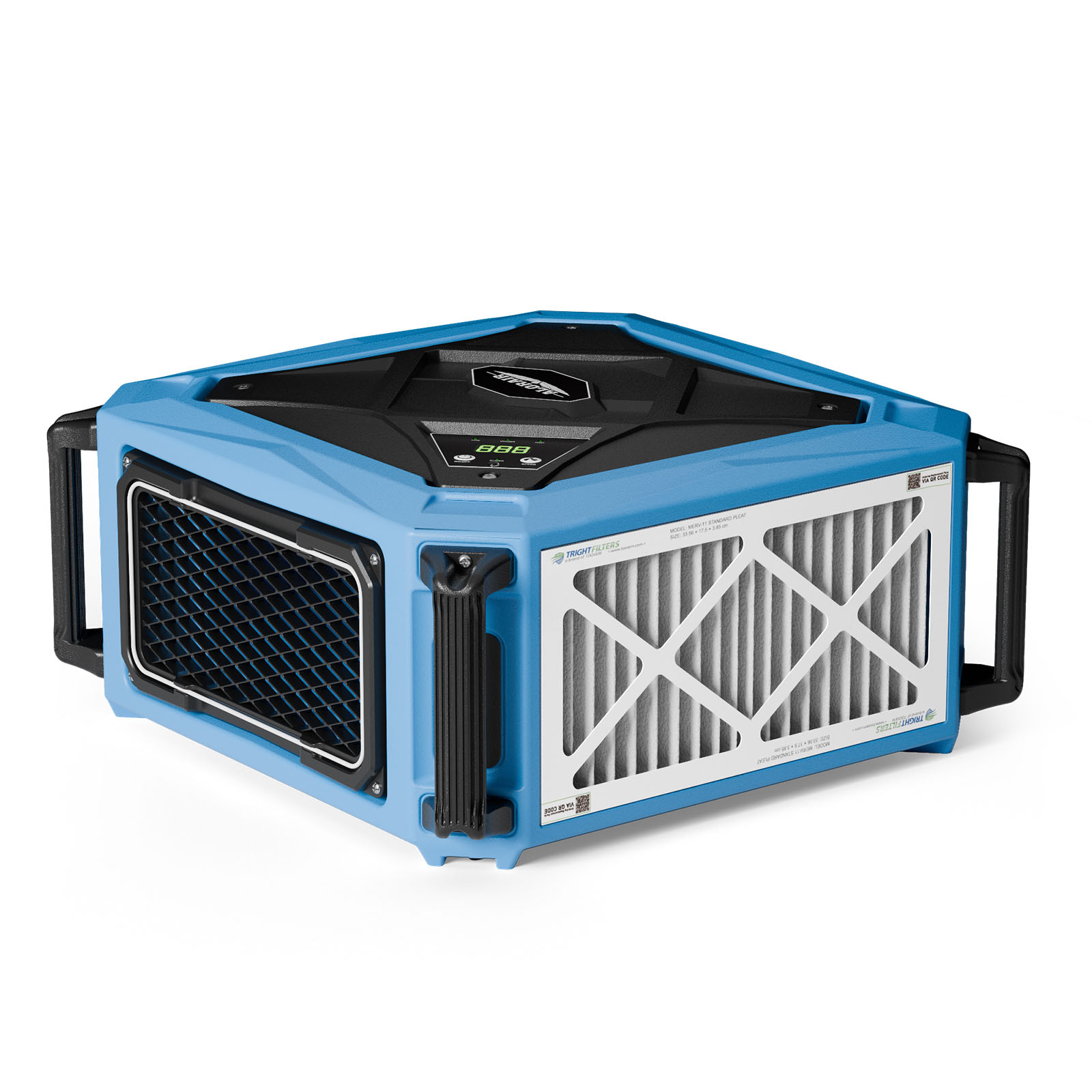









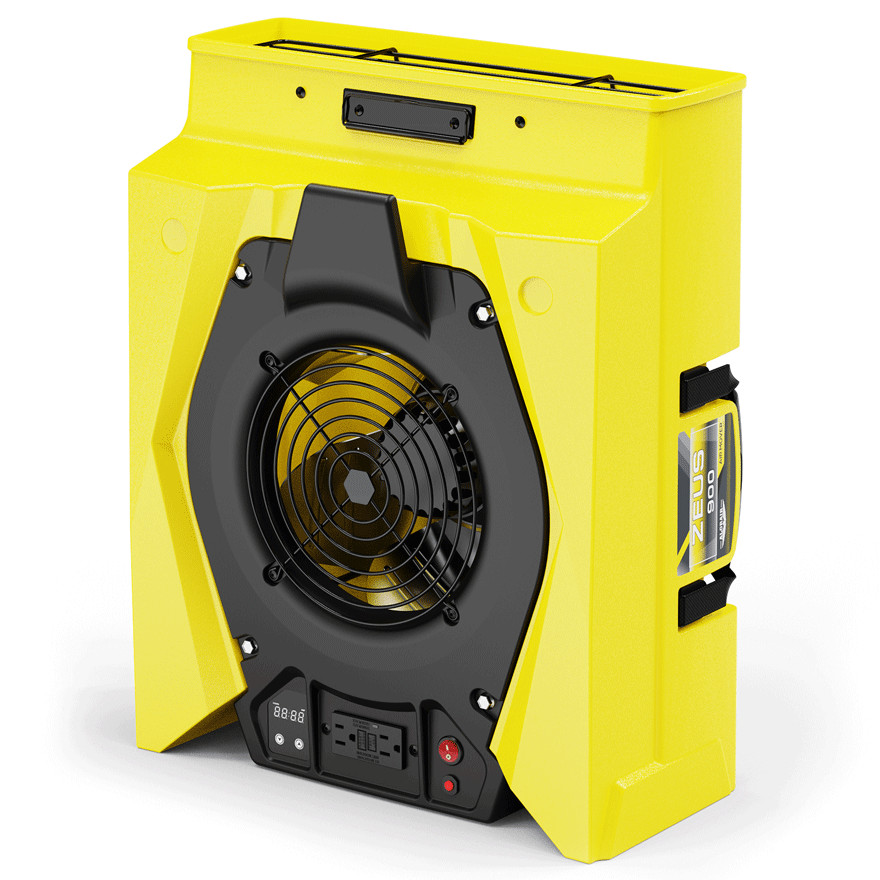
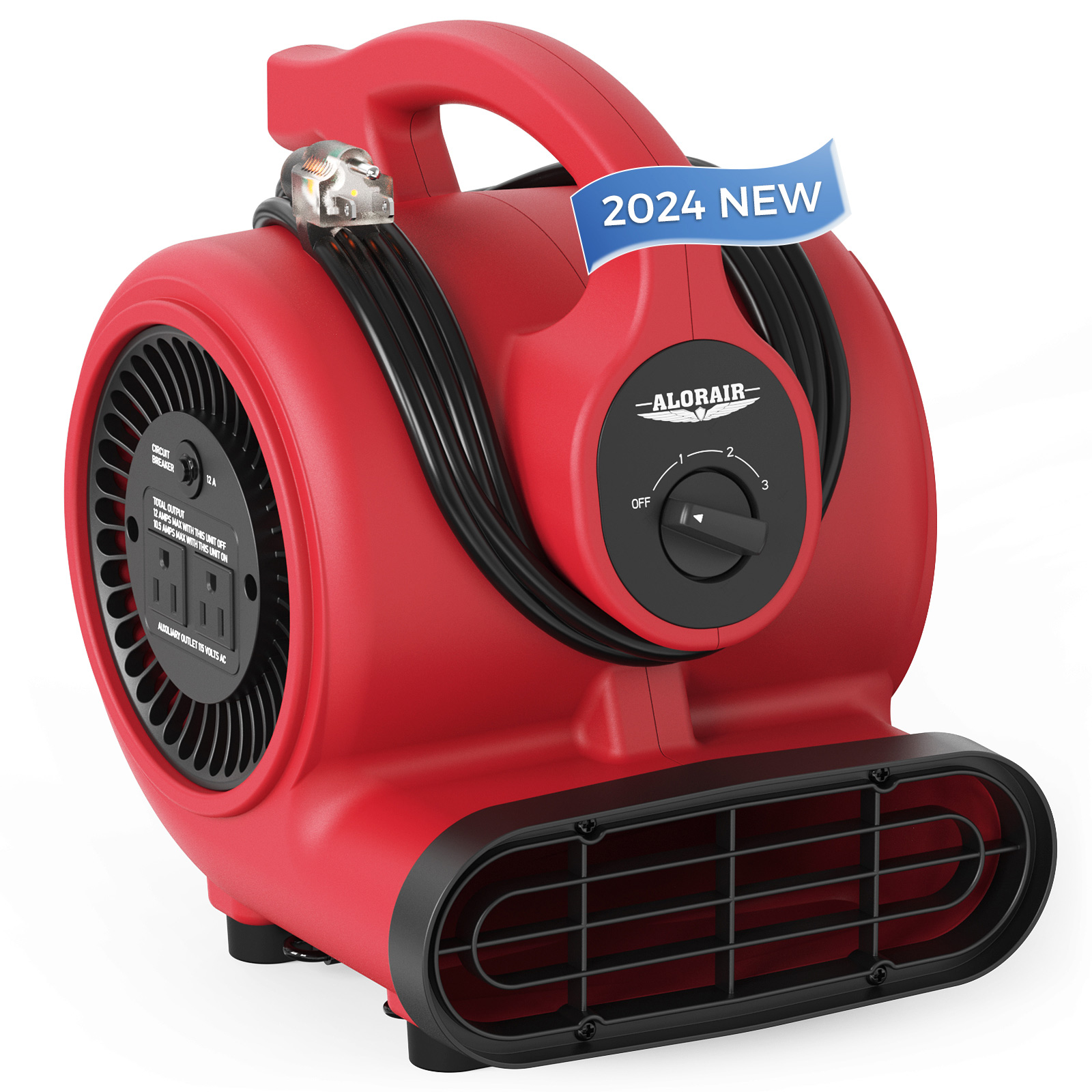
.jpg)
.jpg)
.jpg)
.jpg)
.jpg)
.jpg)
.jpg)
.jpg)
.jpg)
.jpg)
.jpg)
.jpg)
.jpg)
.jpg)

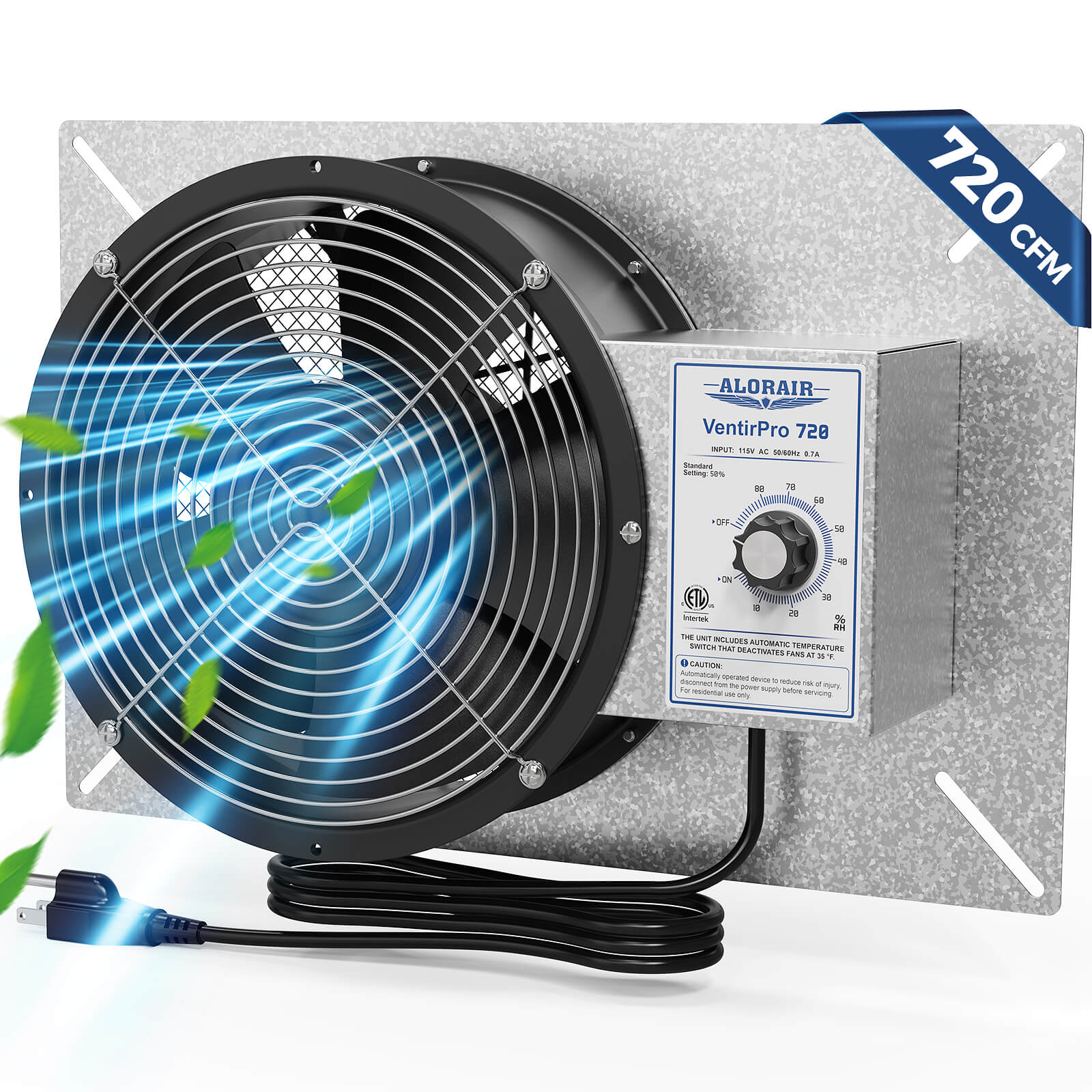
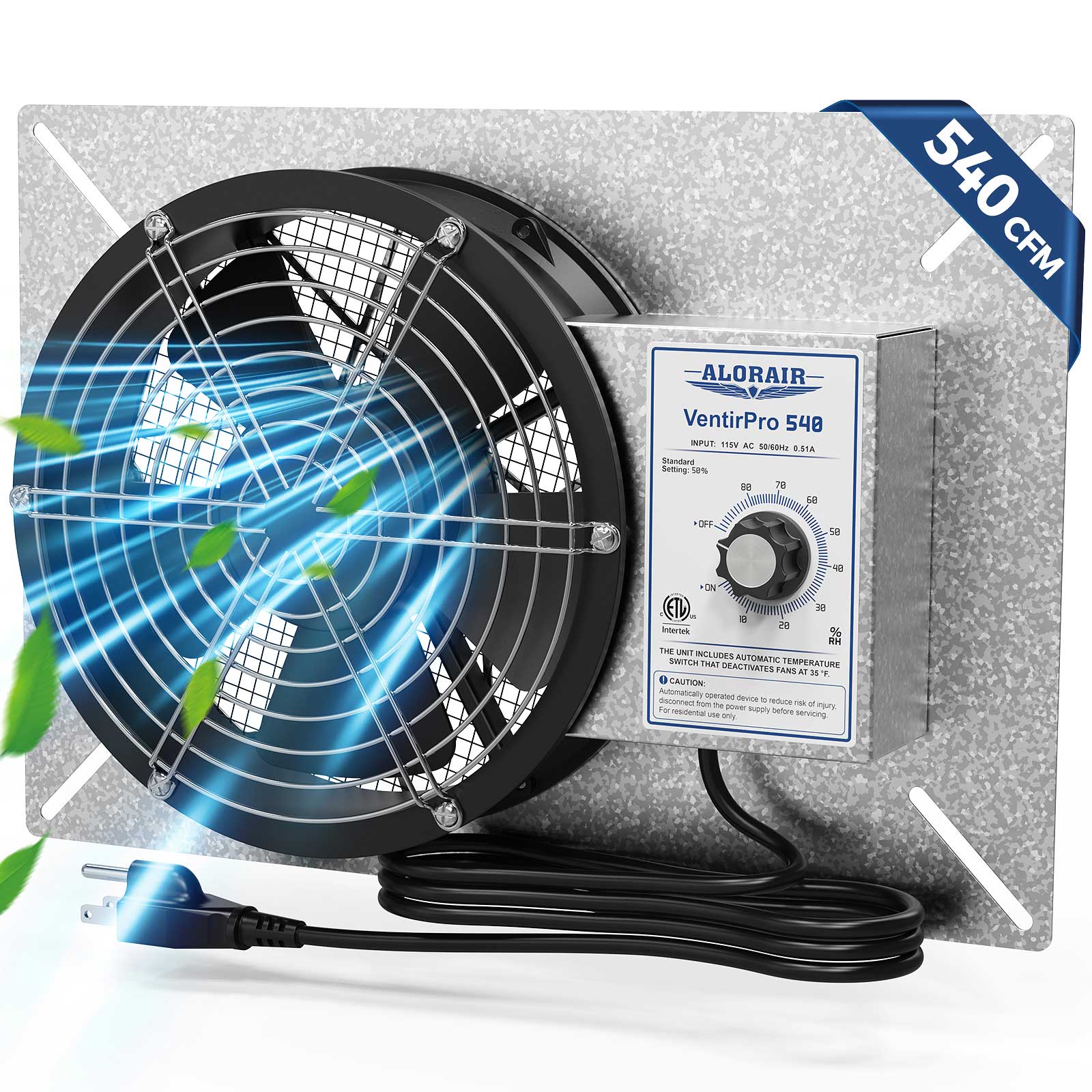
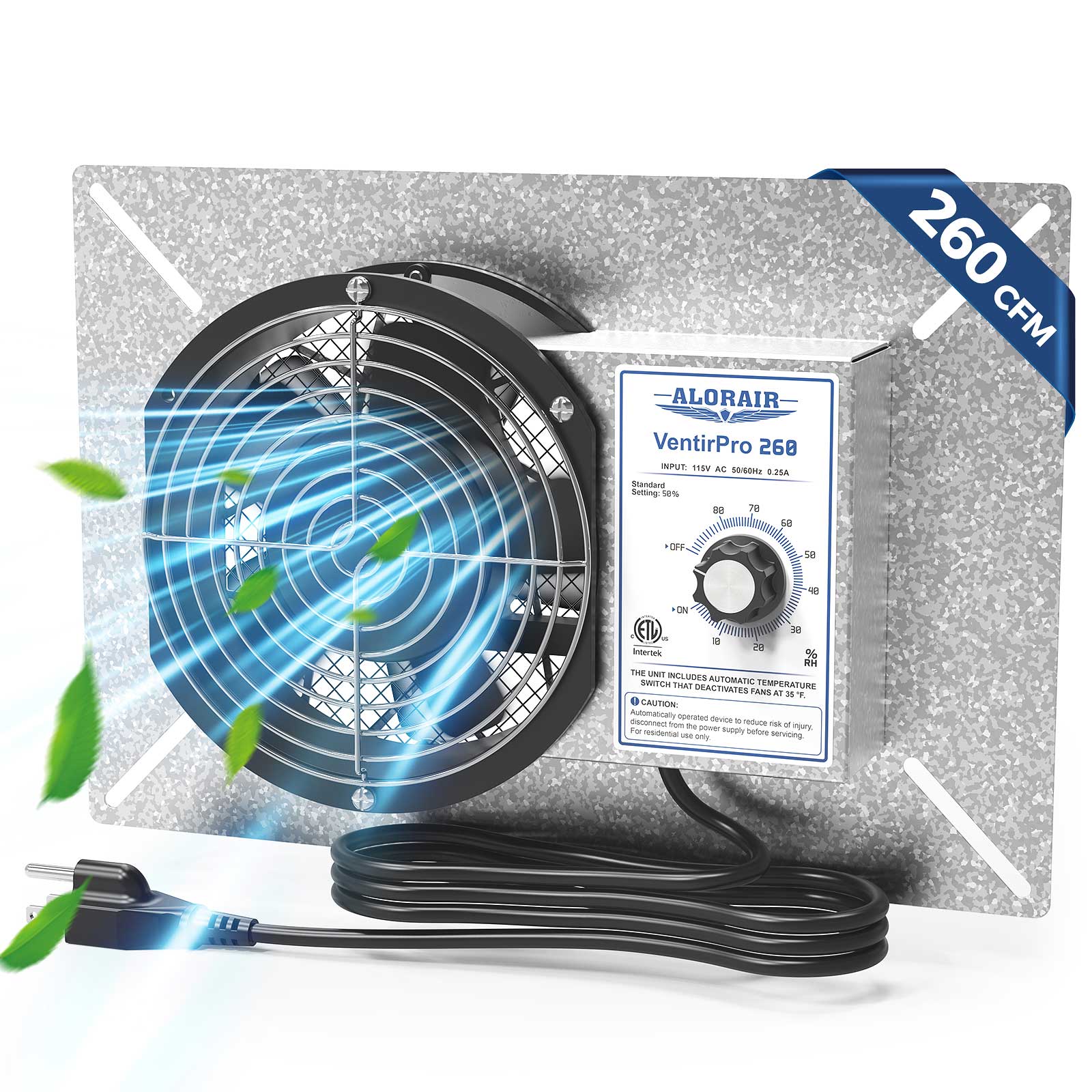

.jpg)
.jpg)

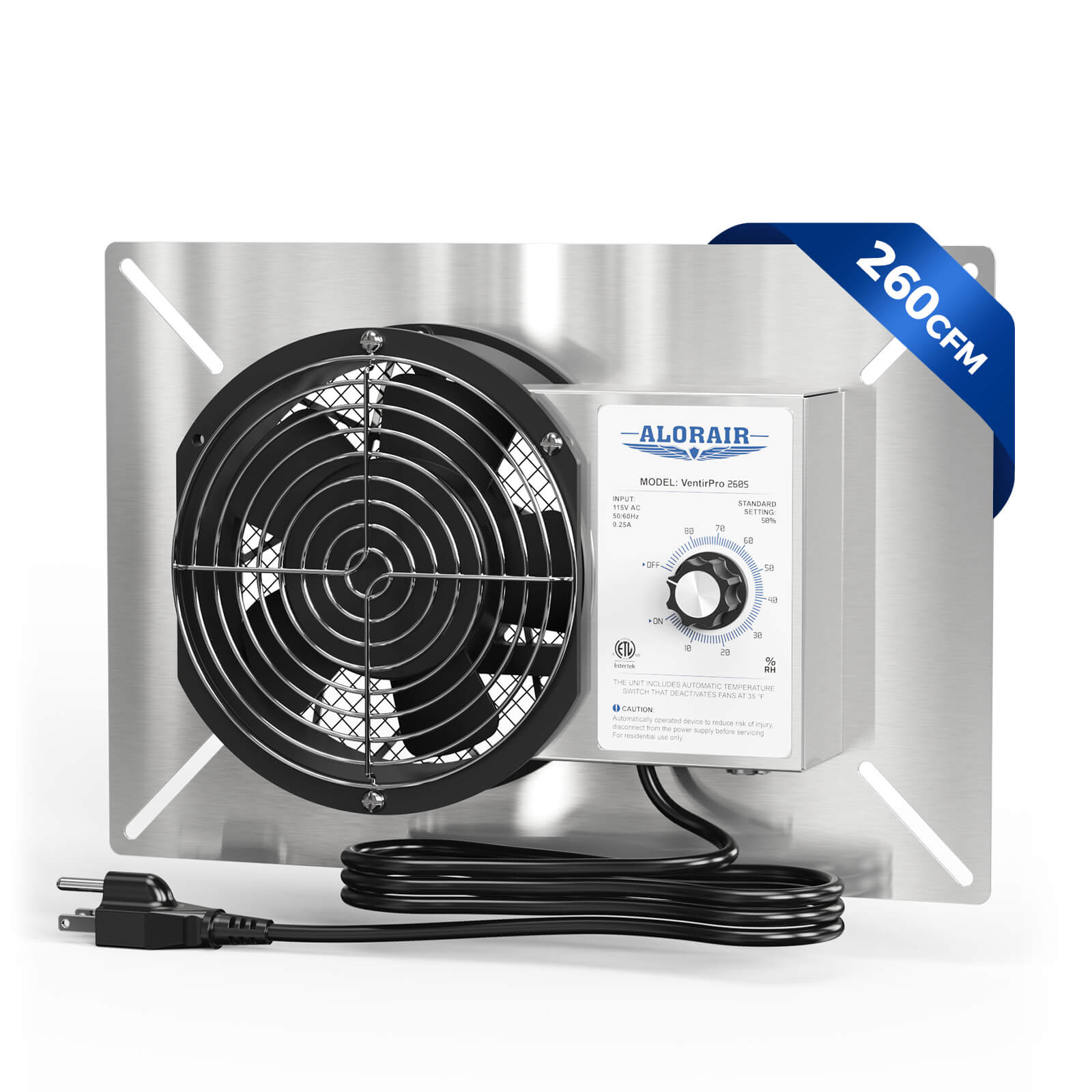

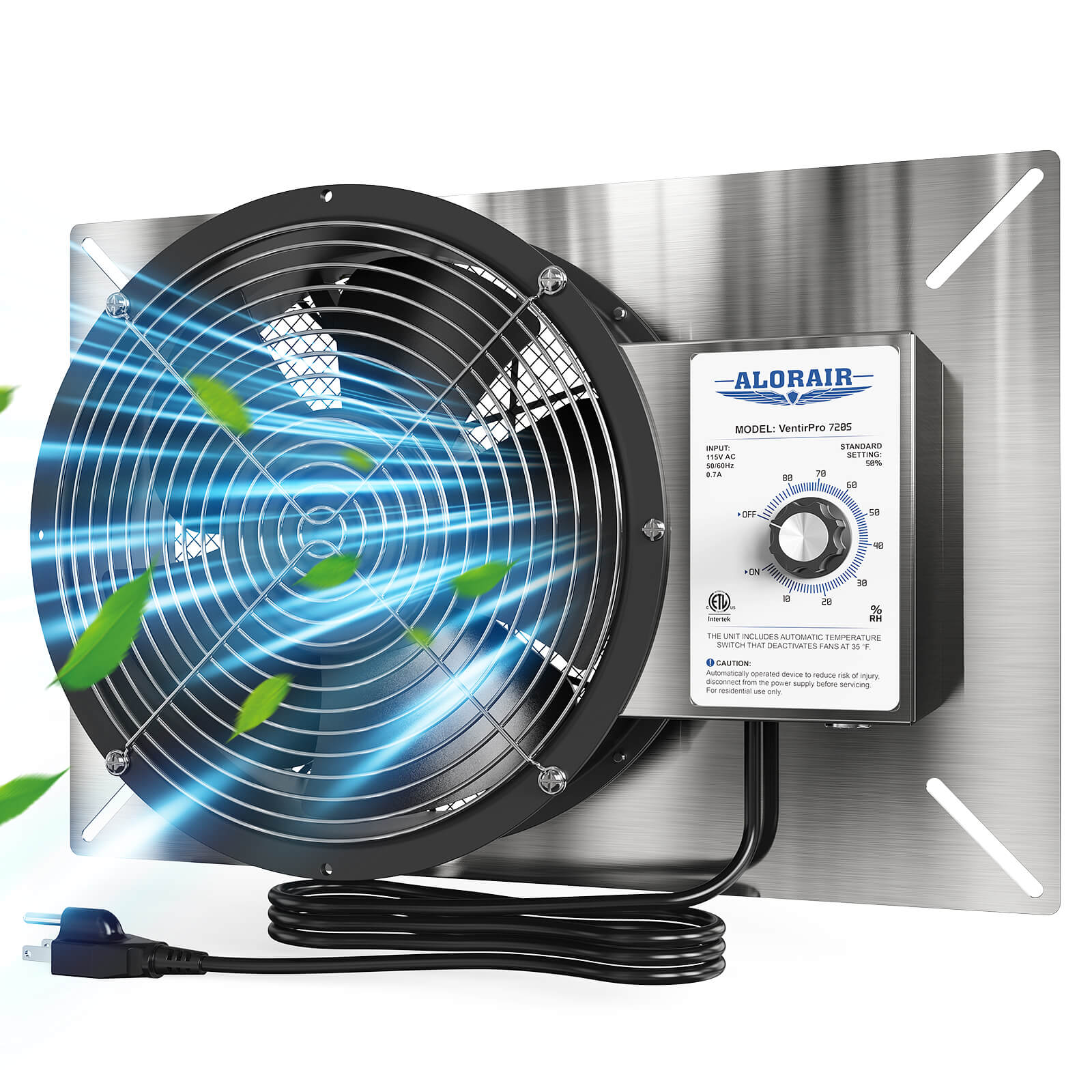
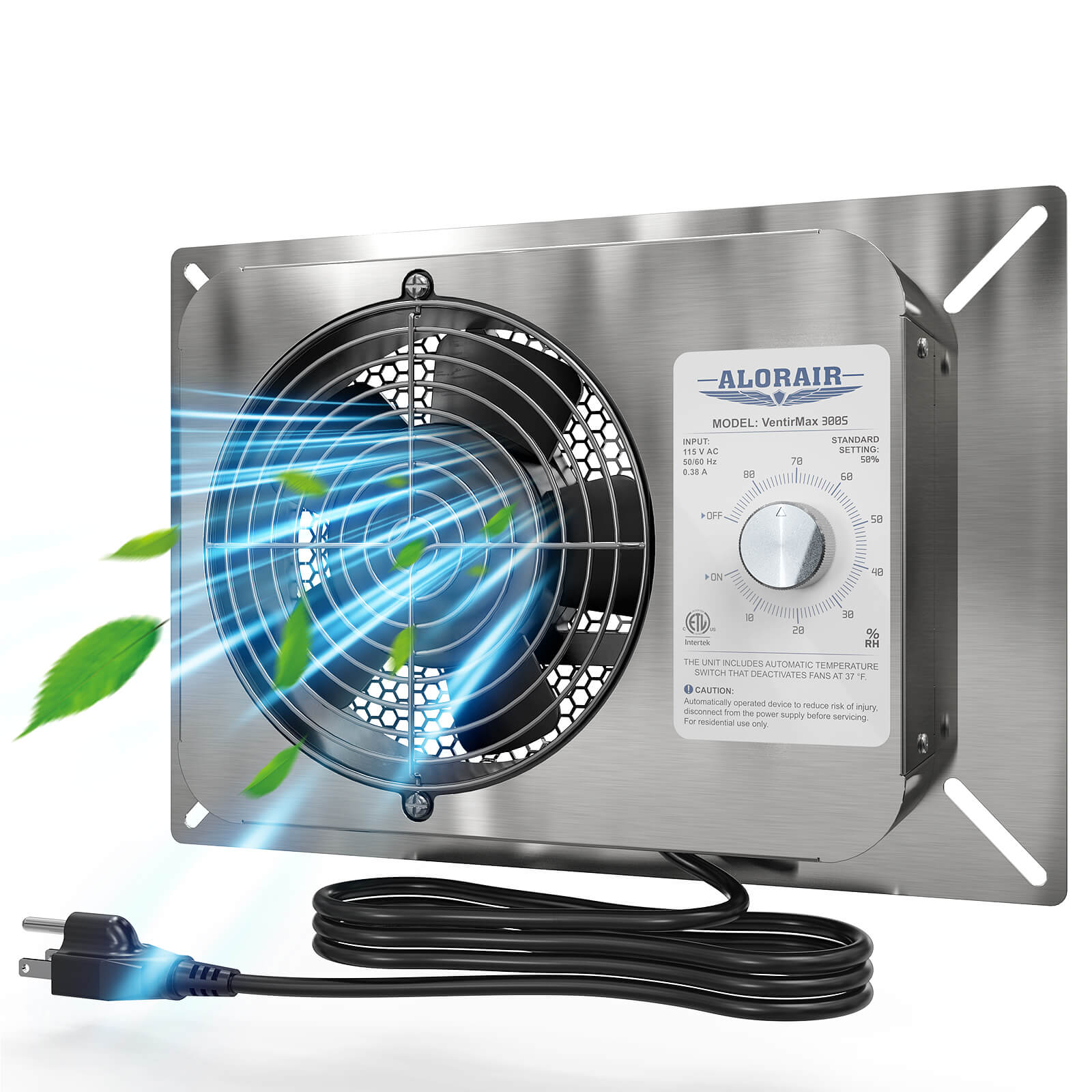
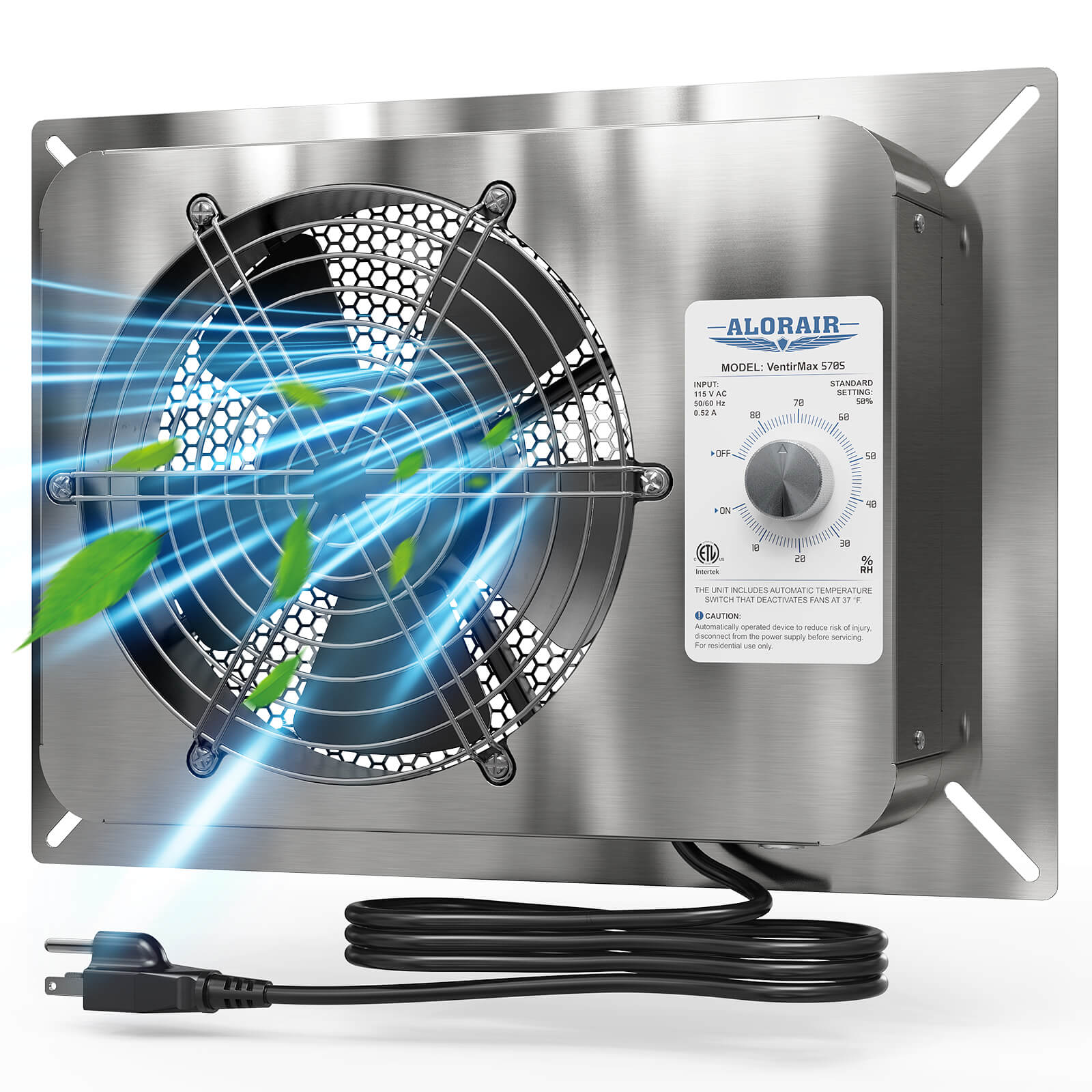






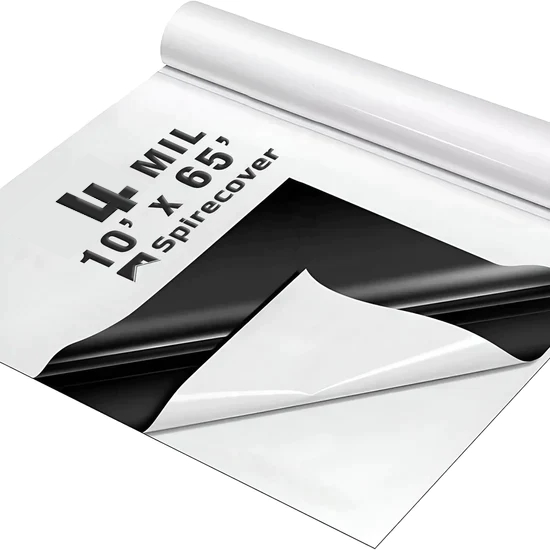



-.jpg)
.jpg)
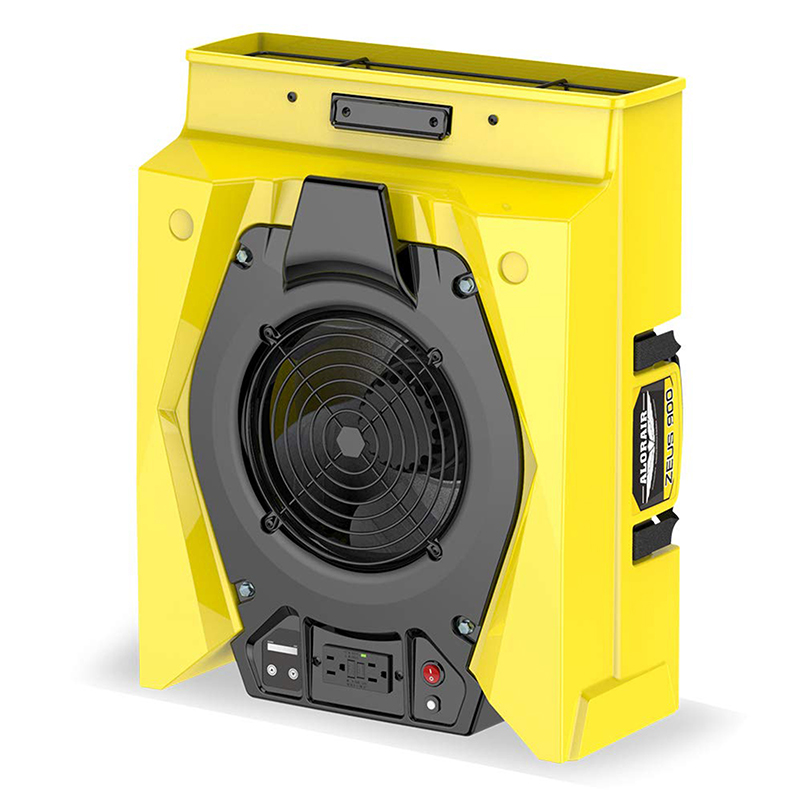
.jpg)
.jpg)

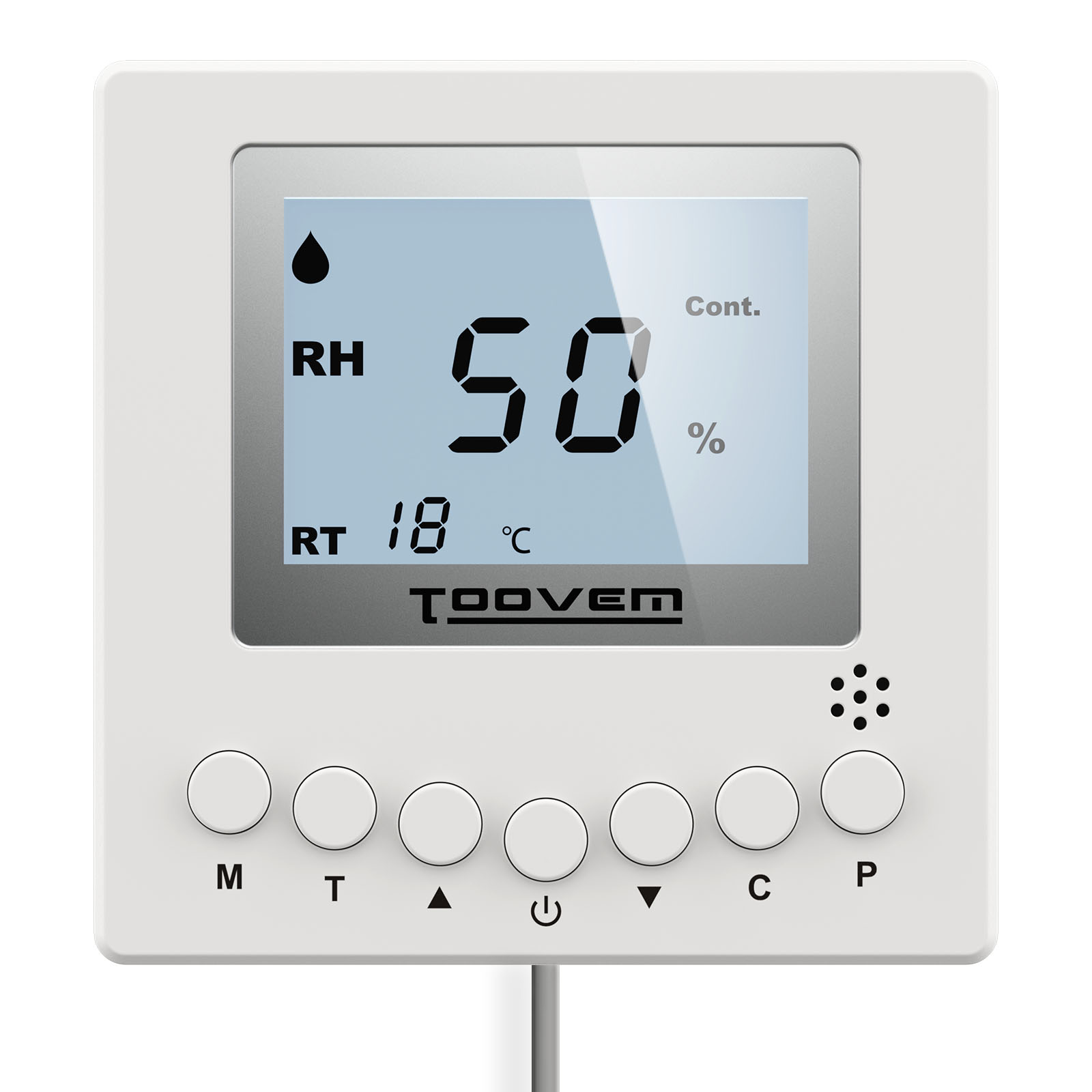
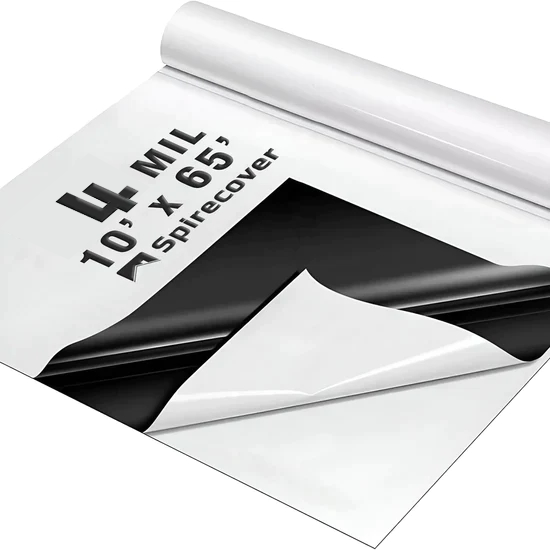
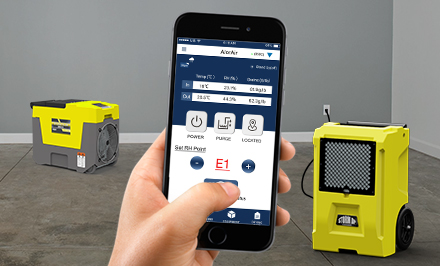
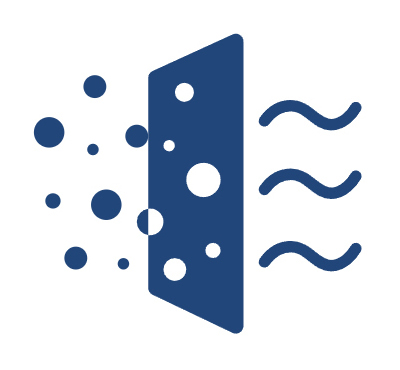
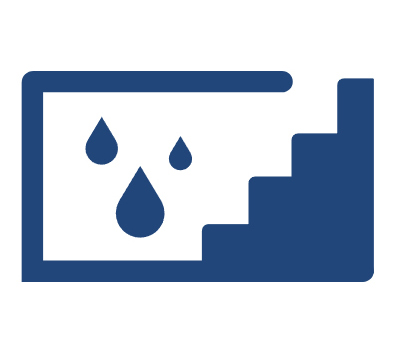

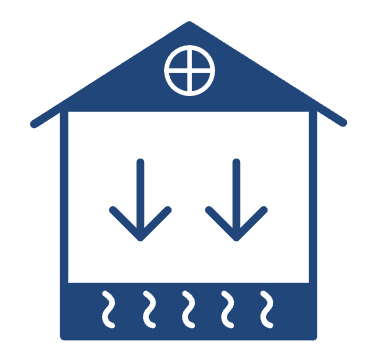

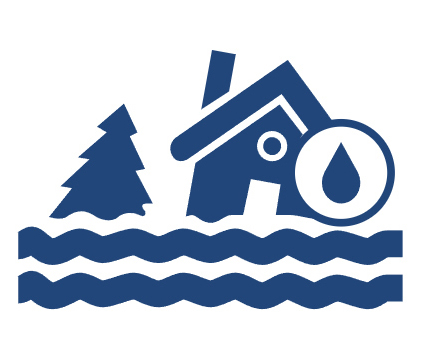
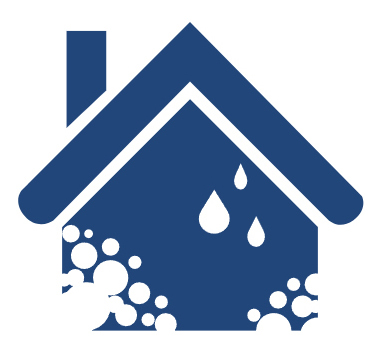


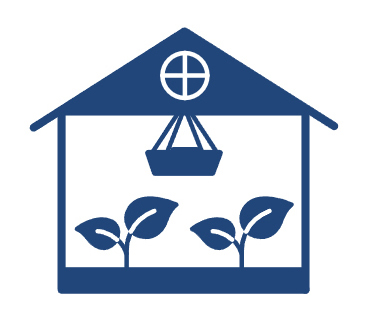
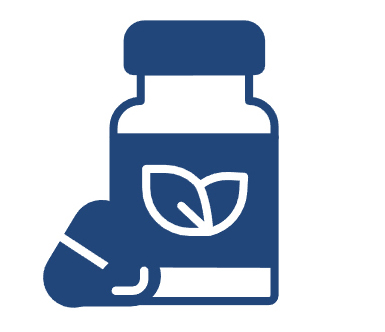












 Exclusive offers
promotions
Exclusive offers
promotions

